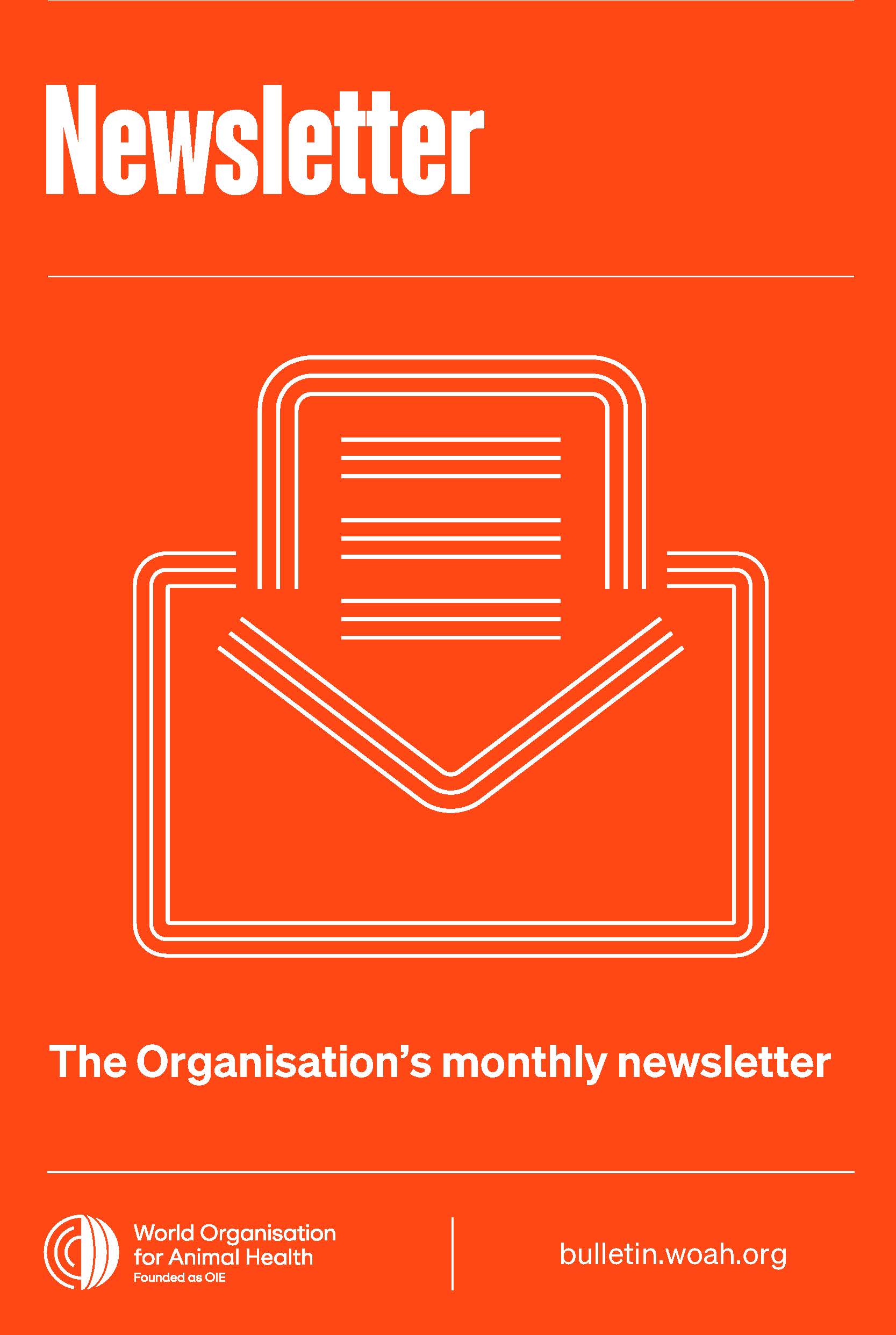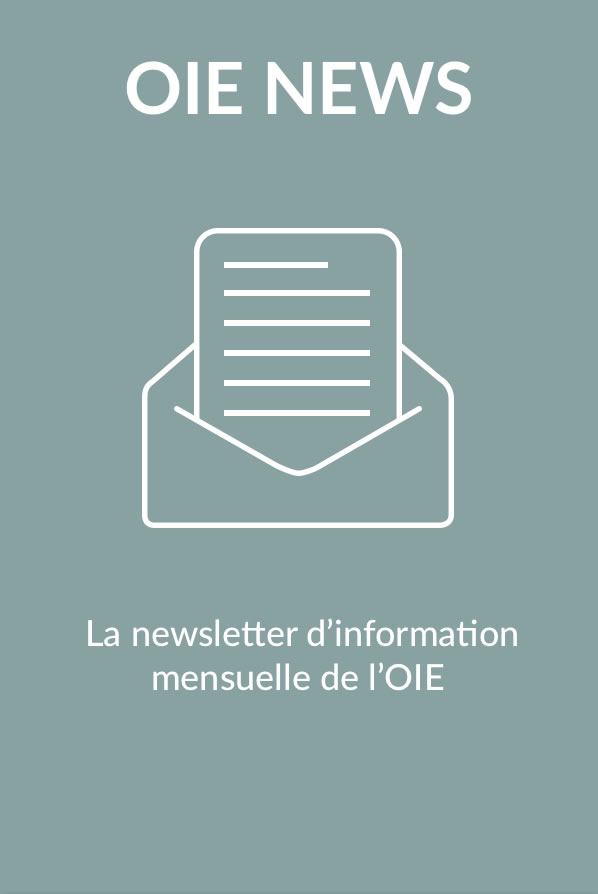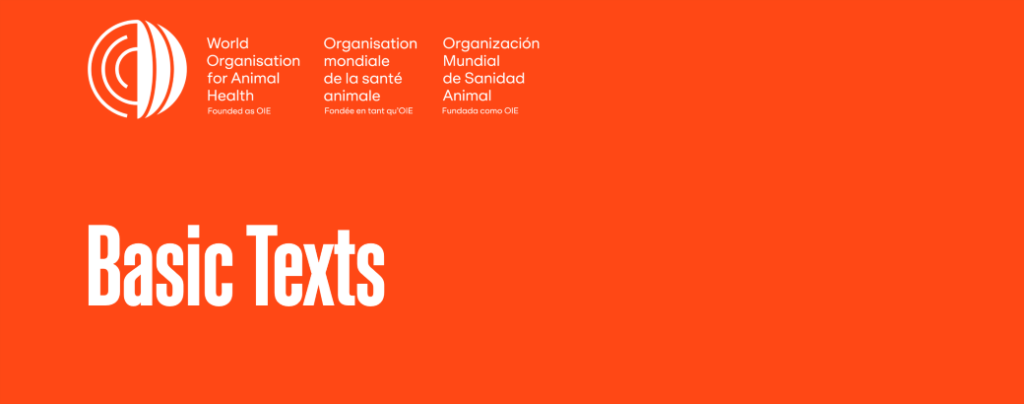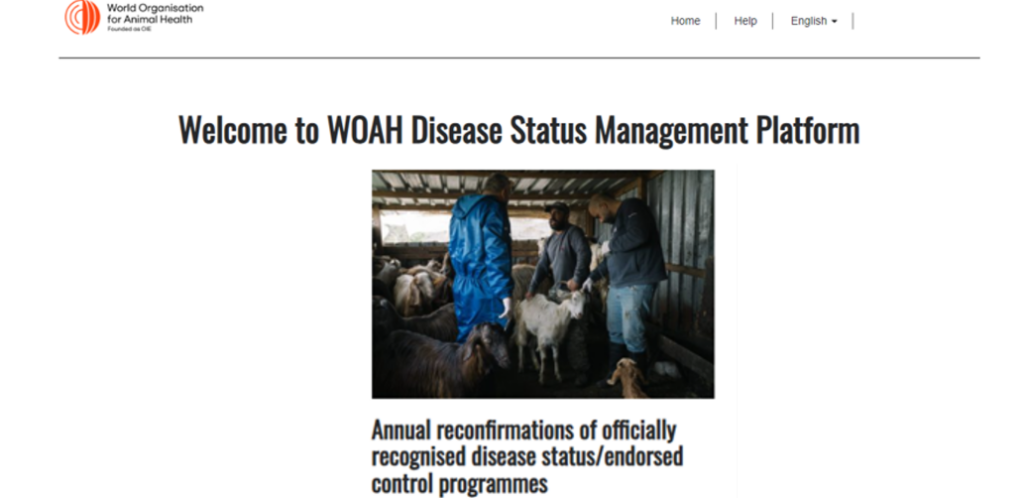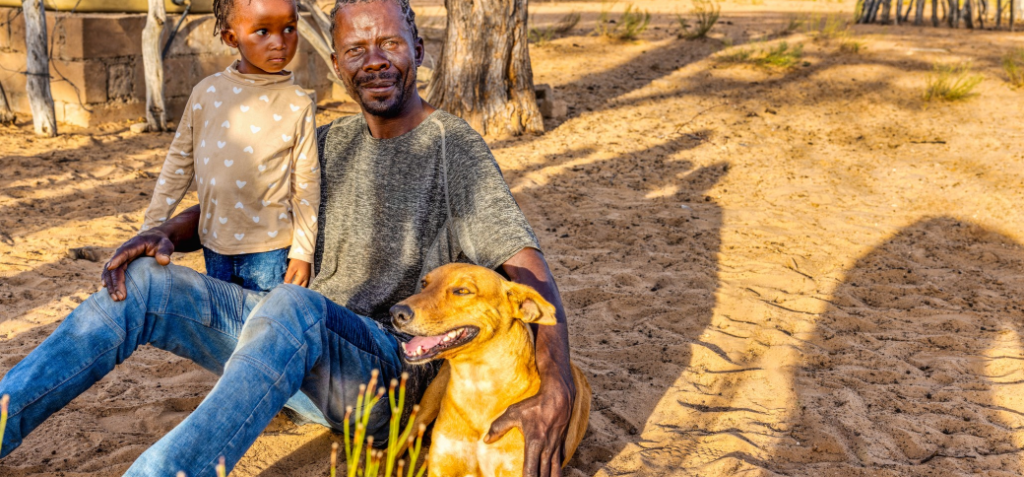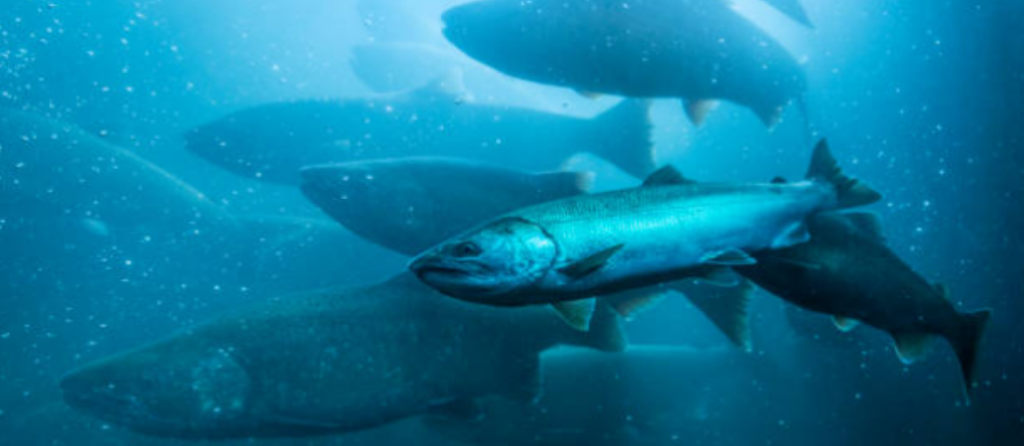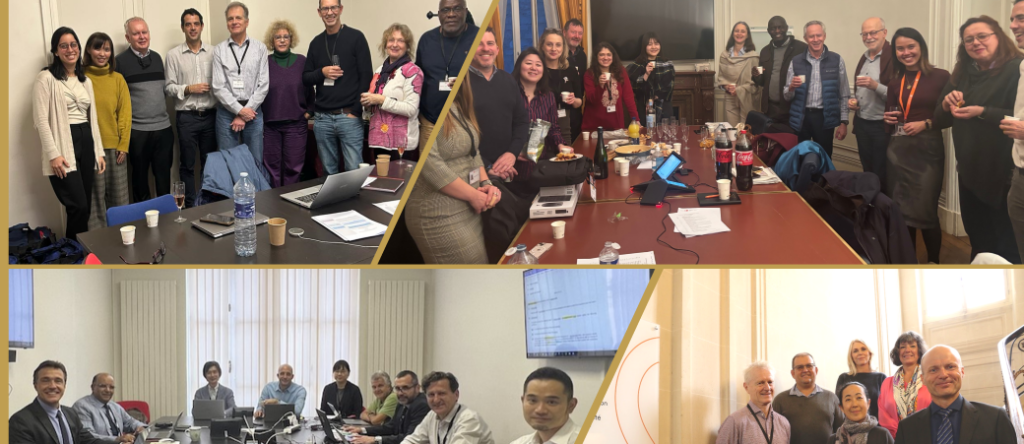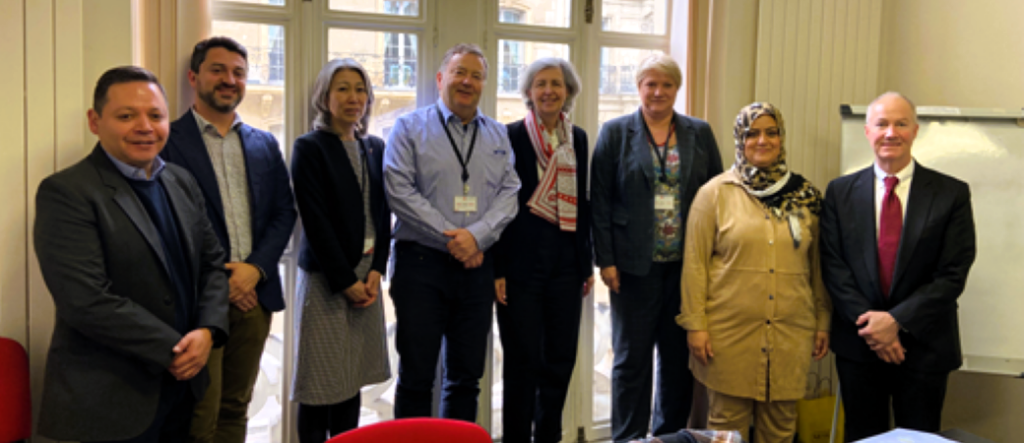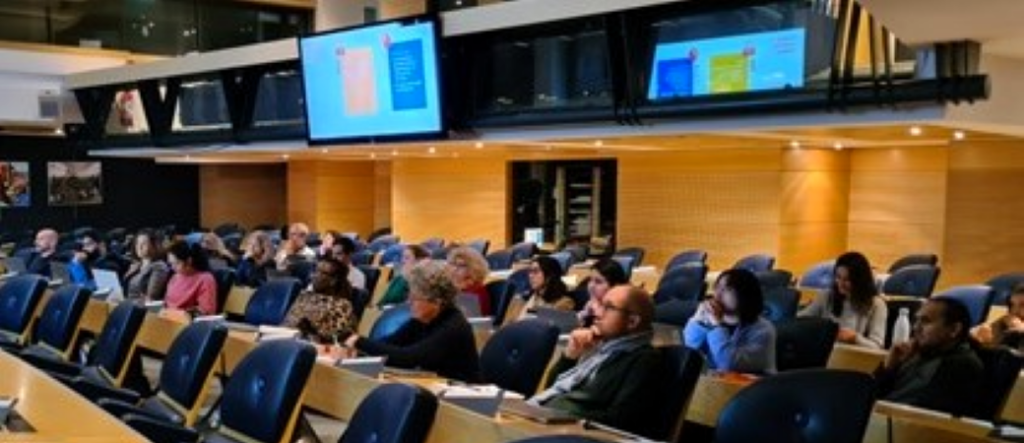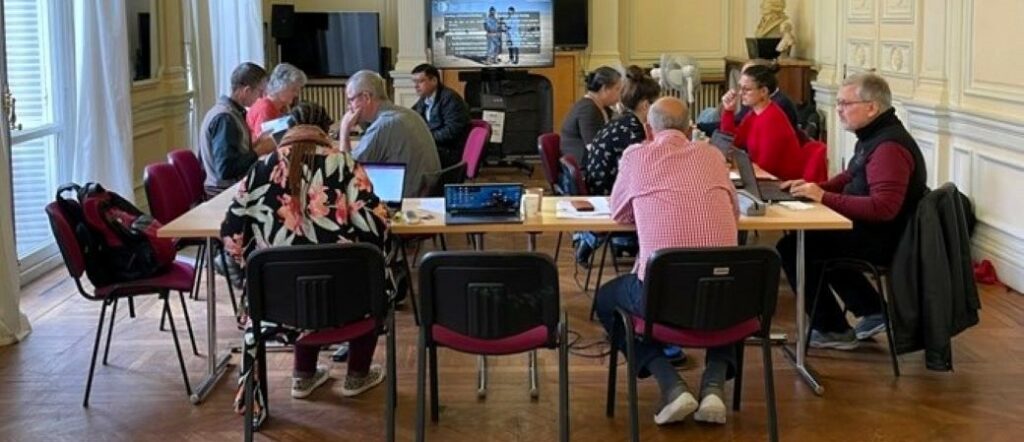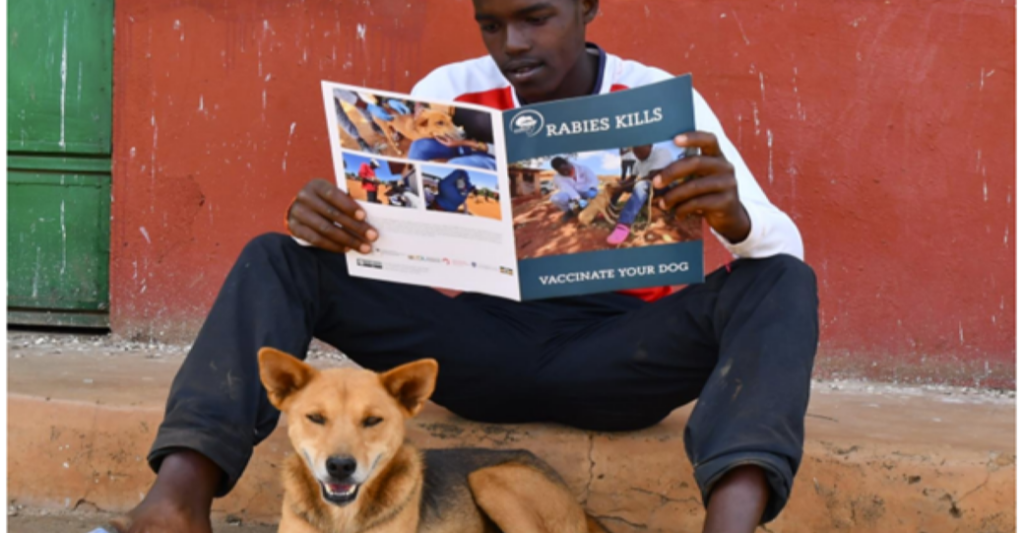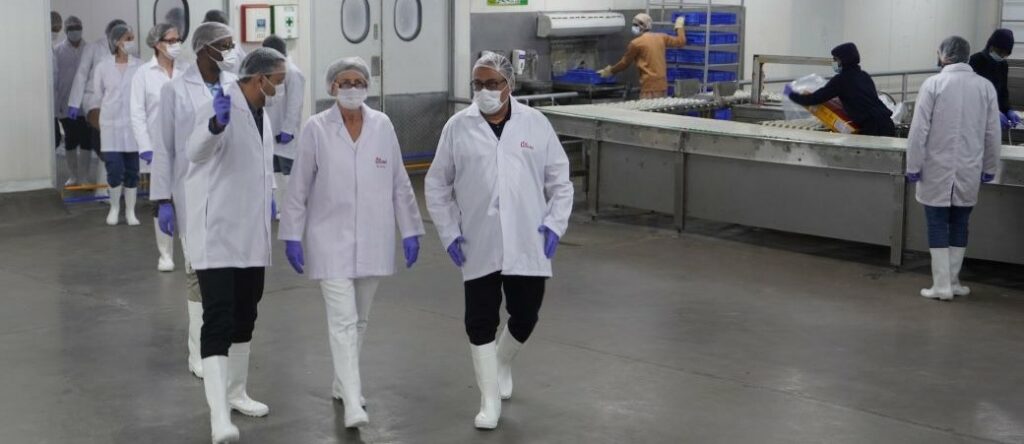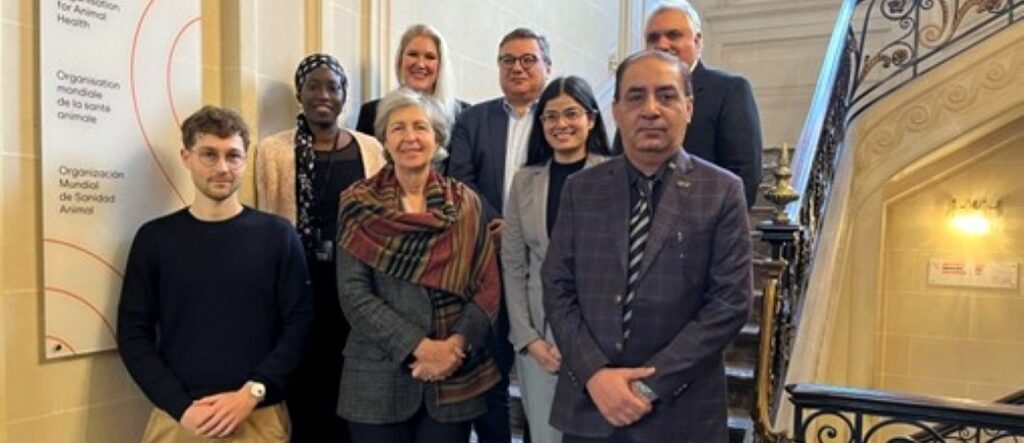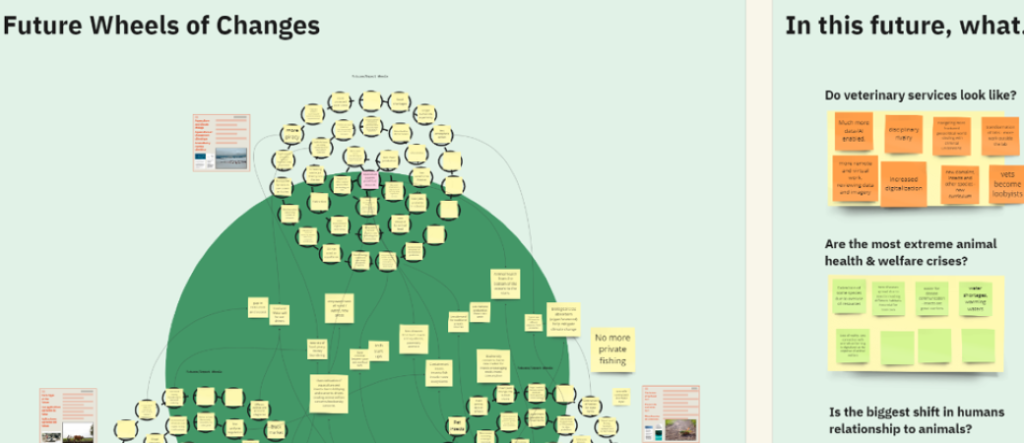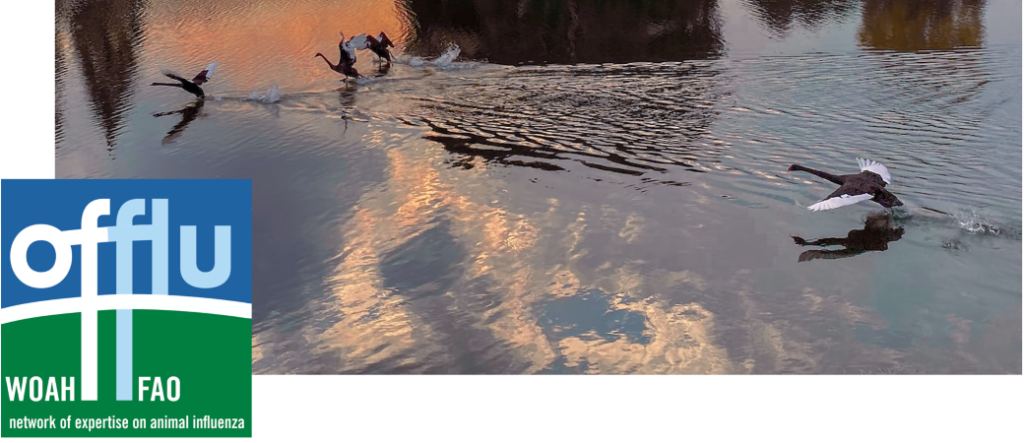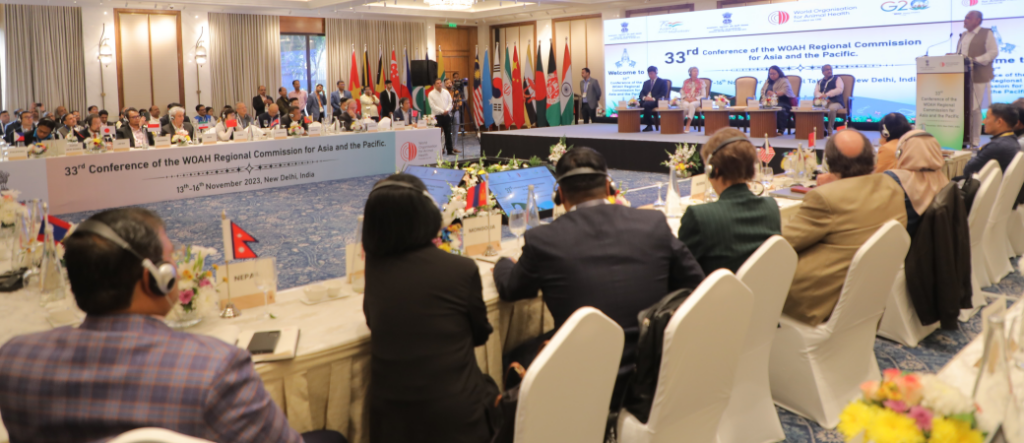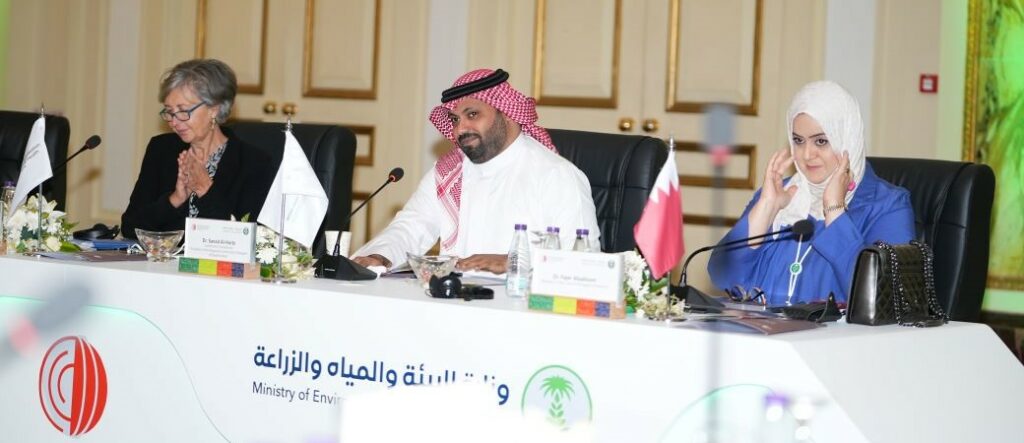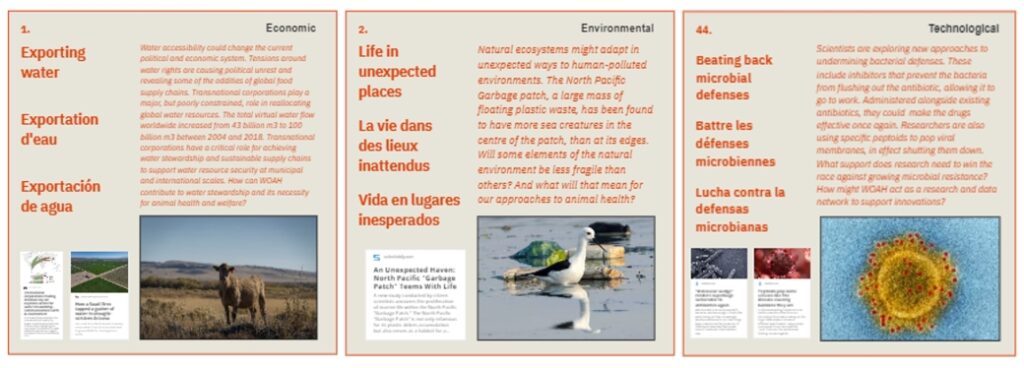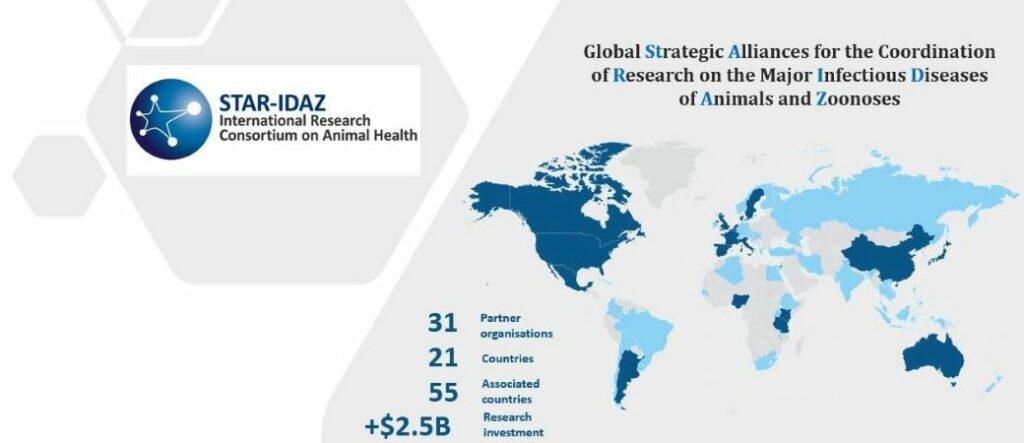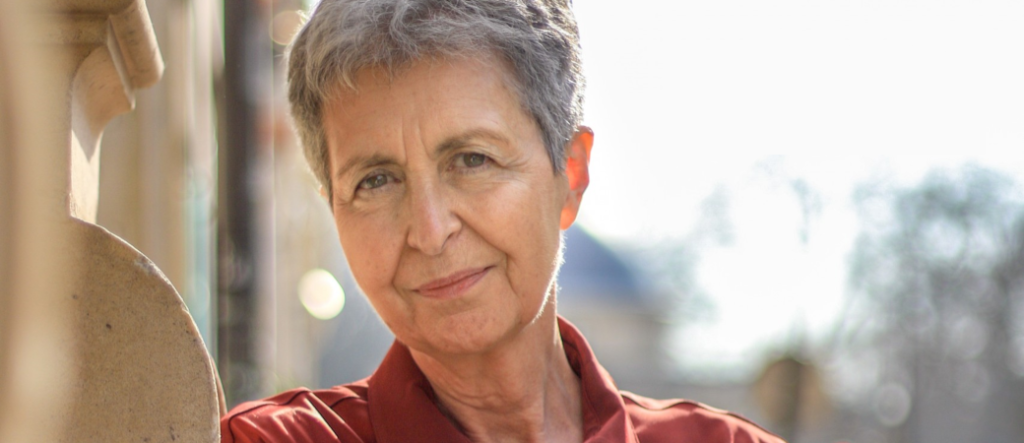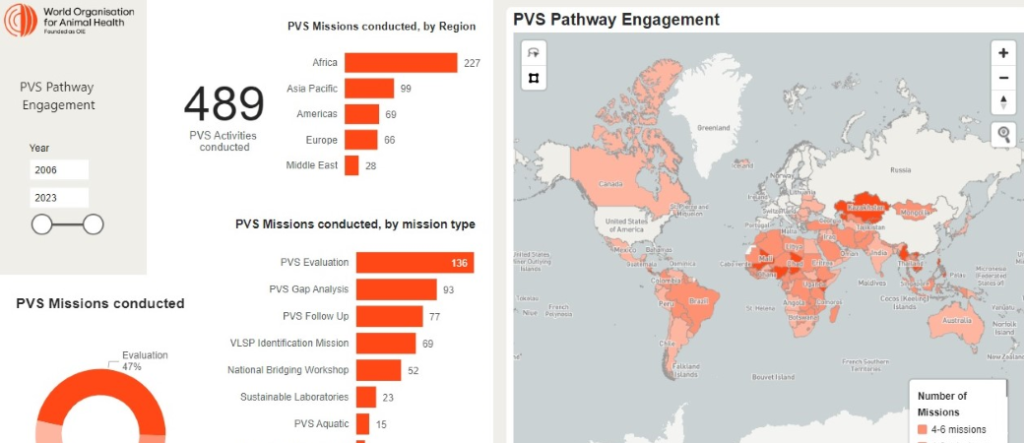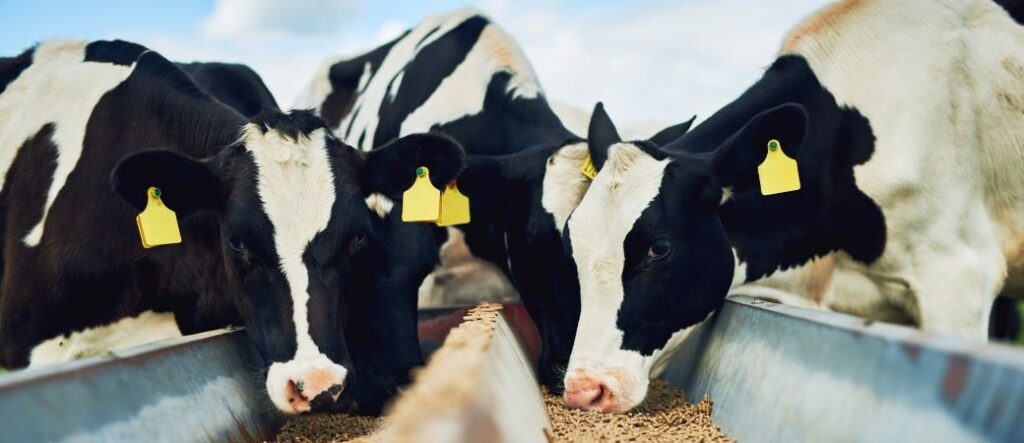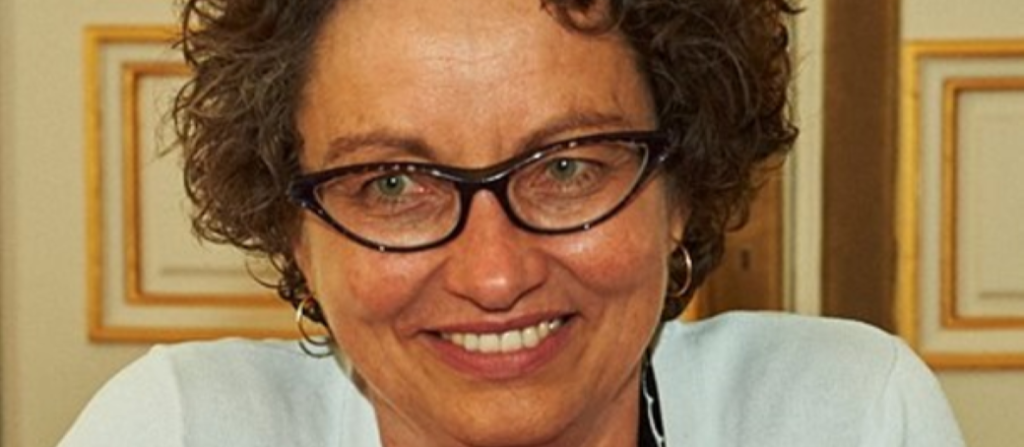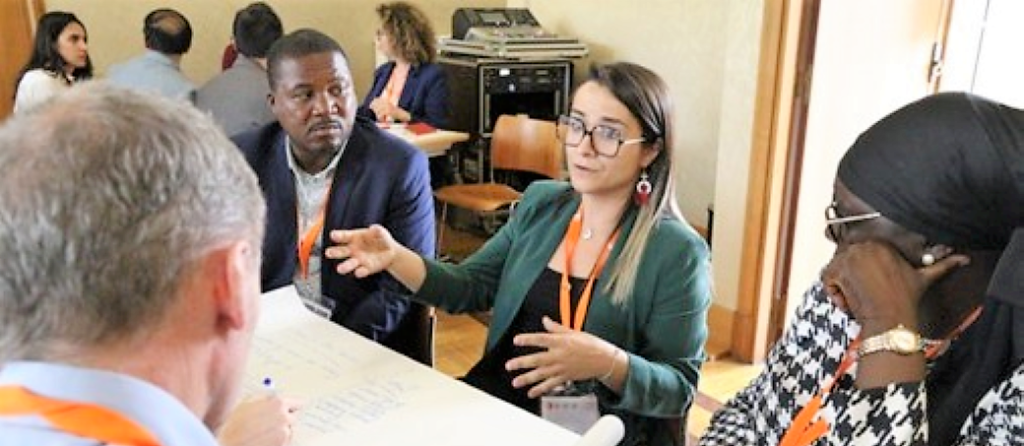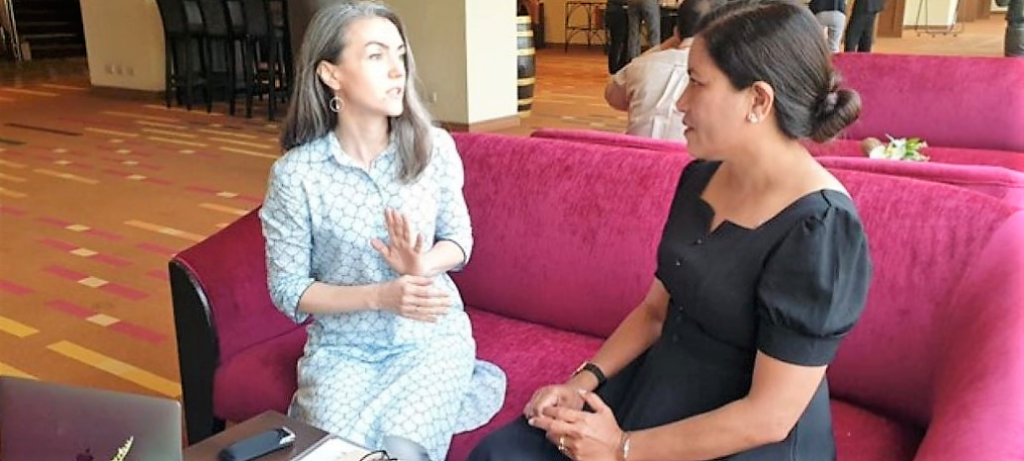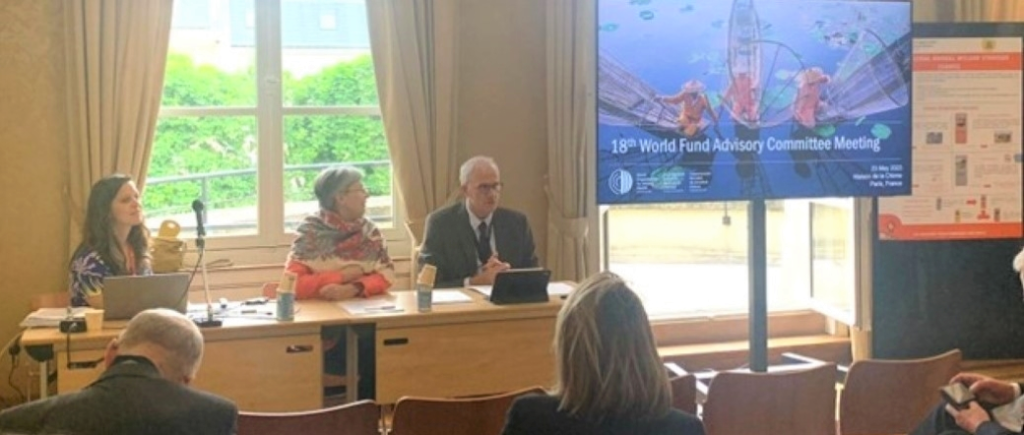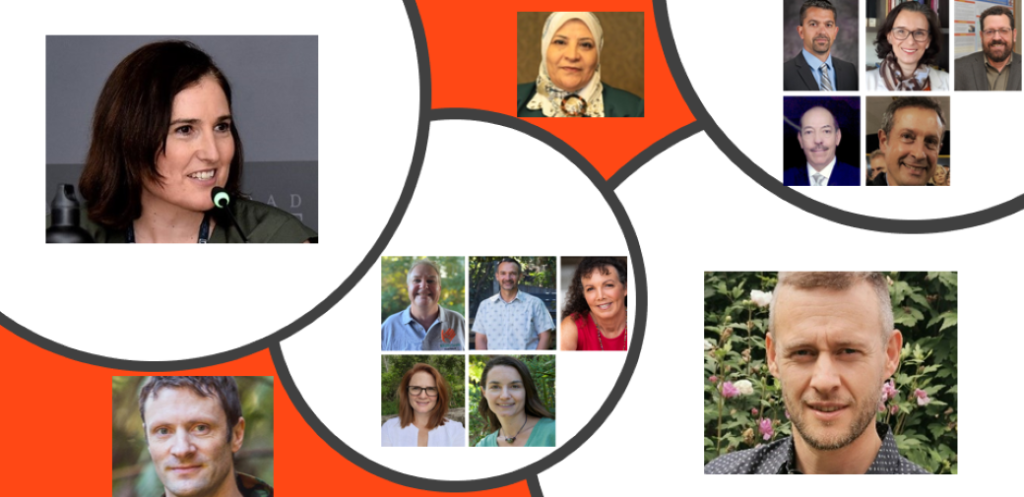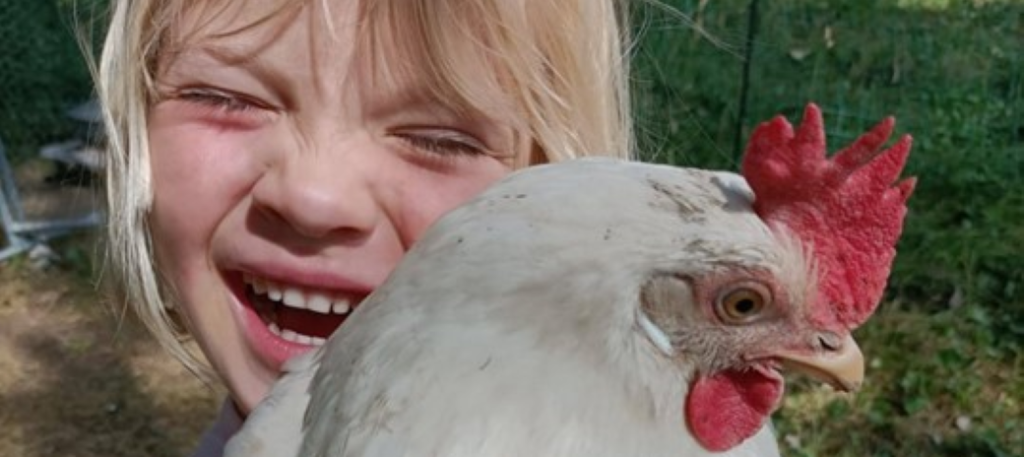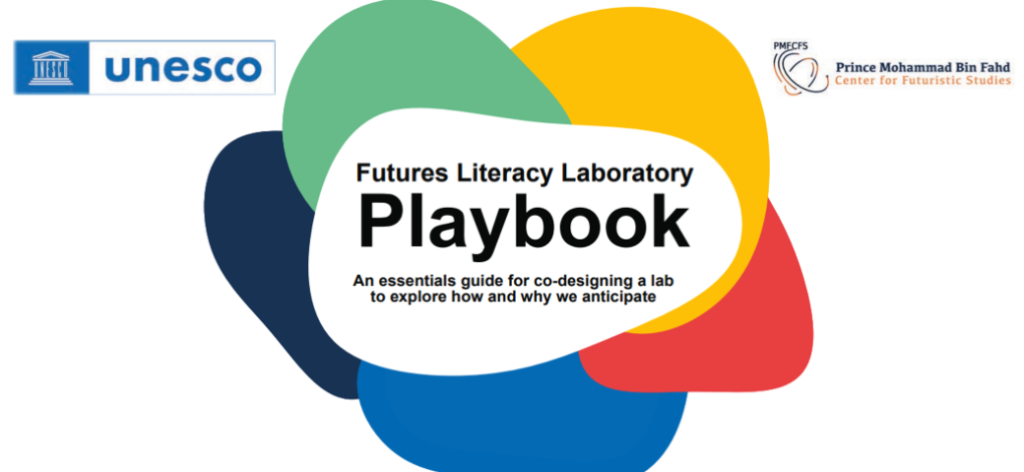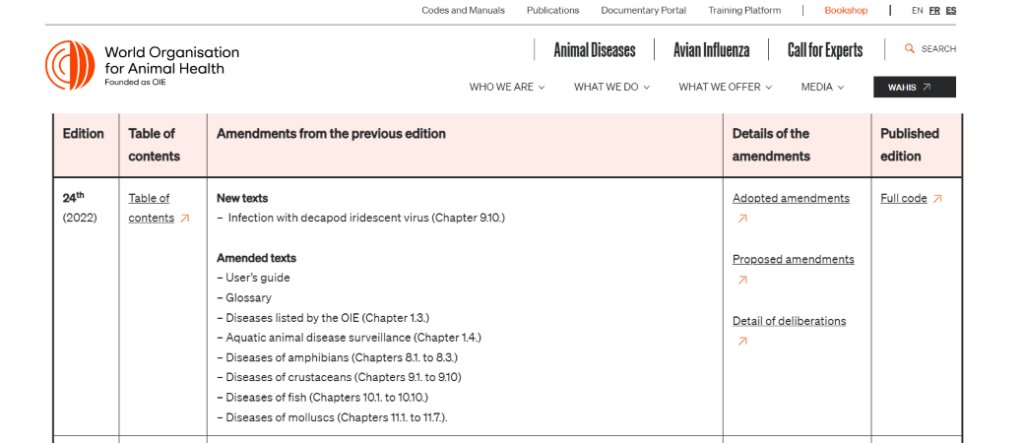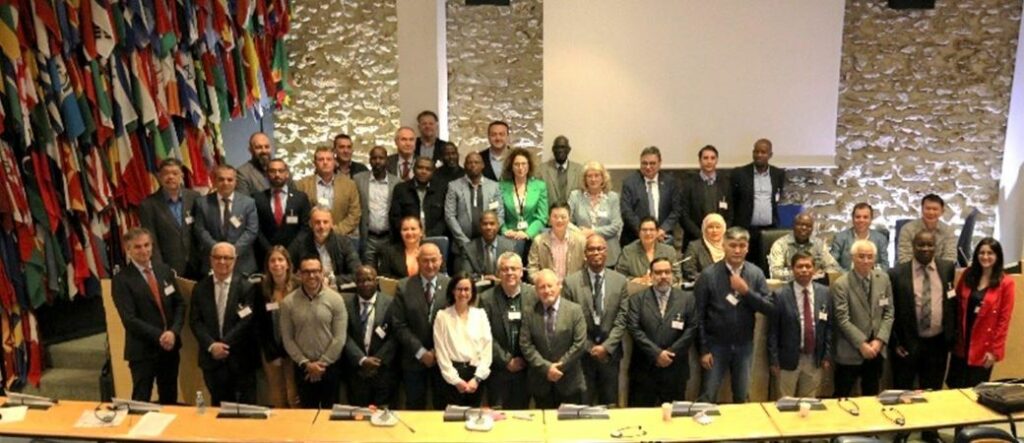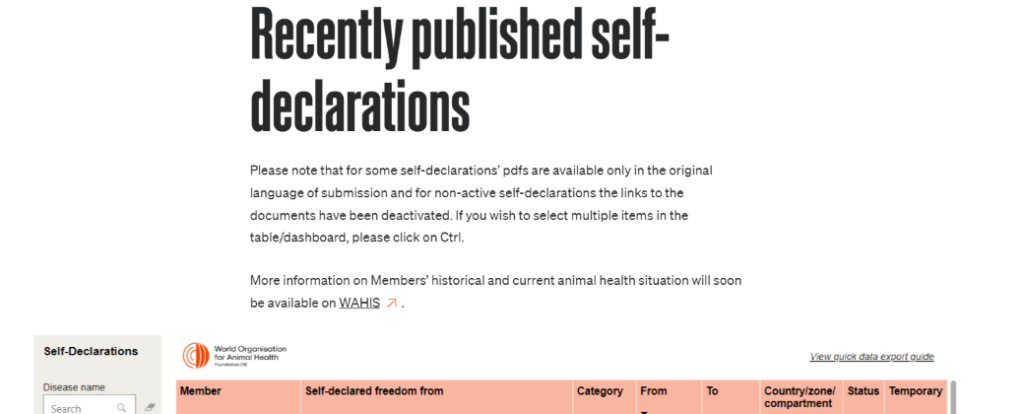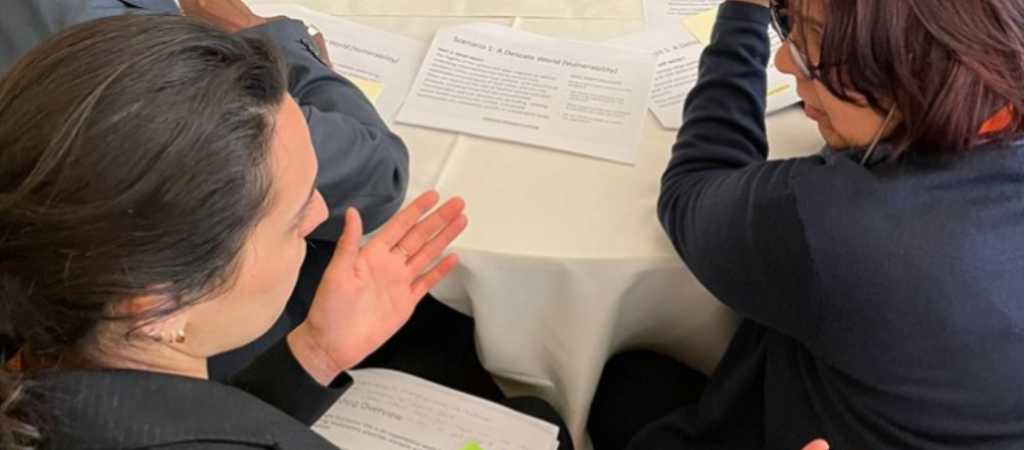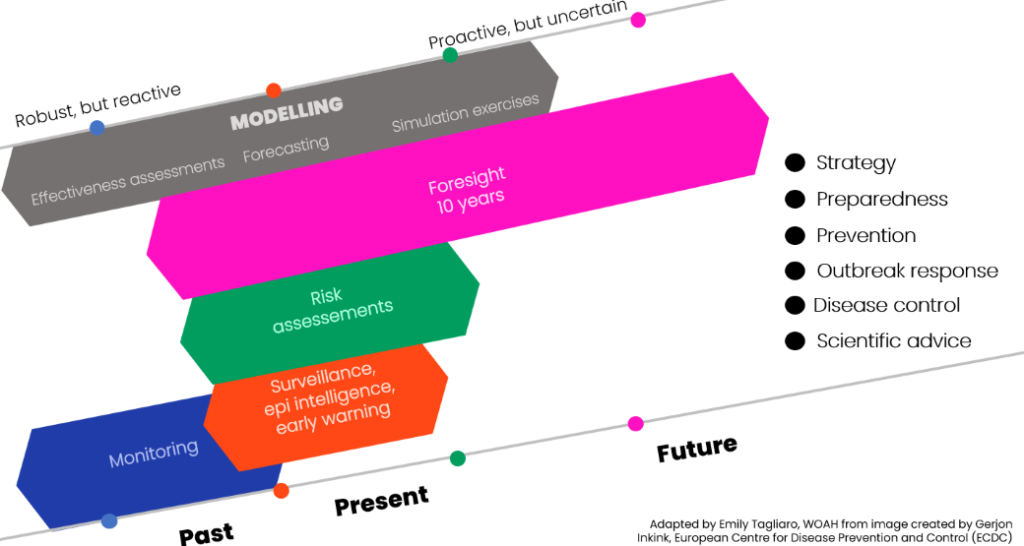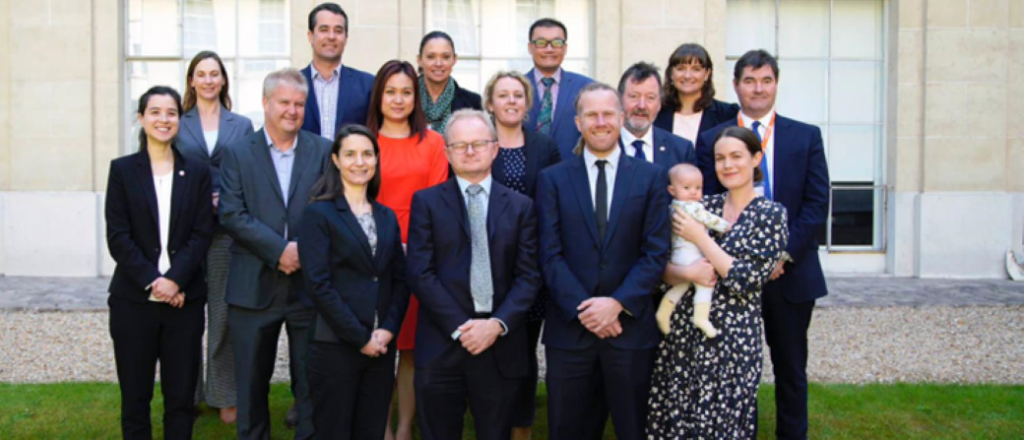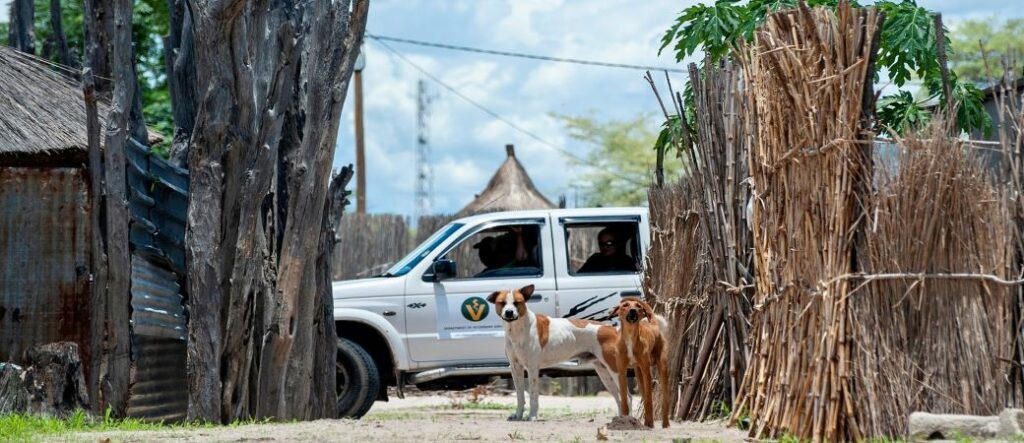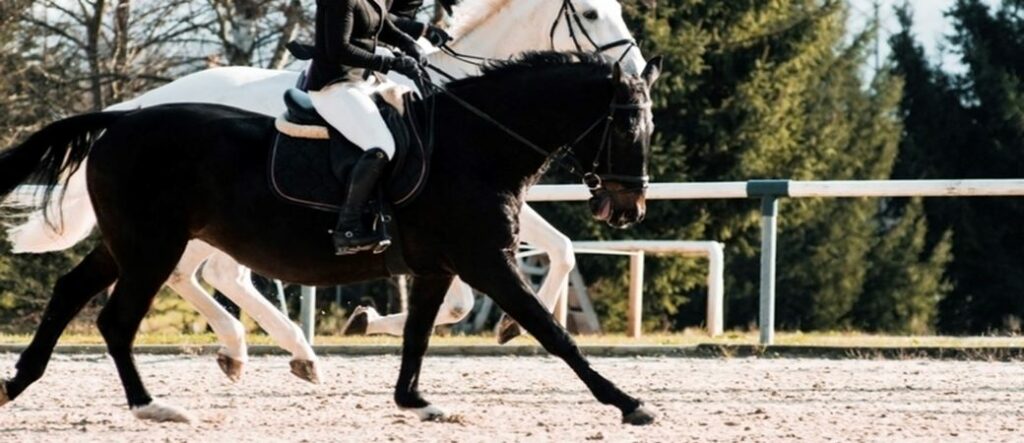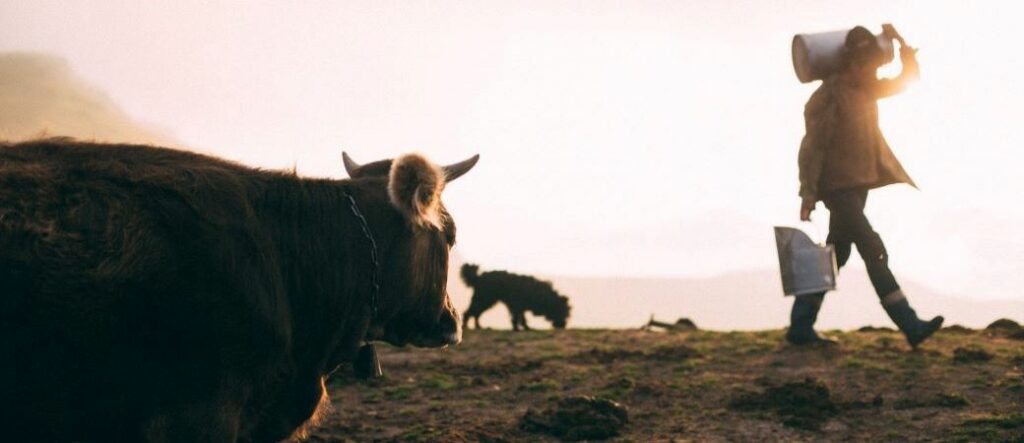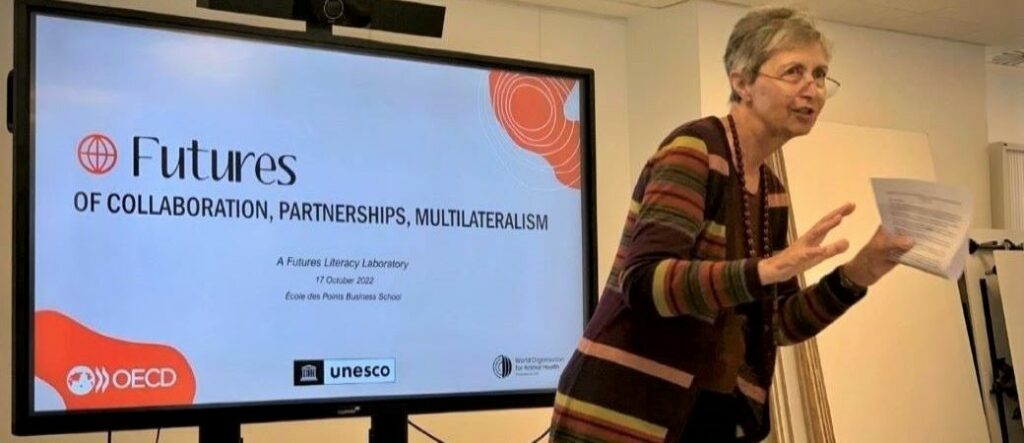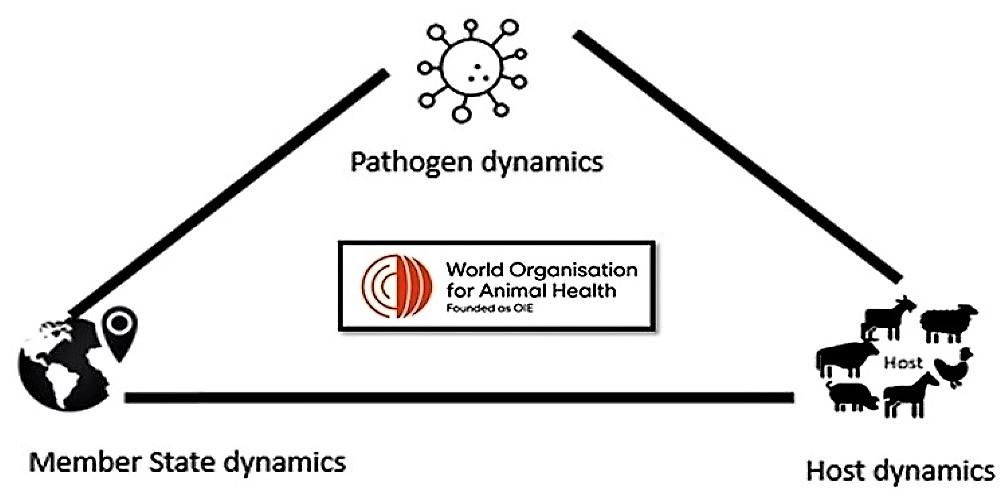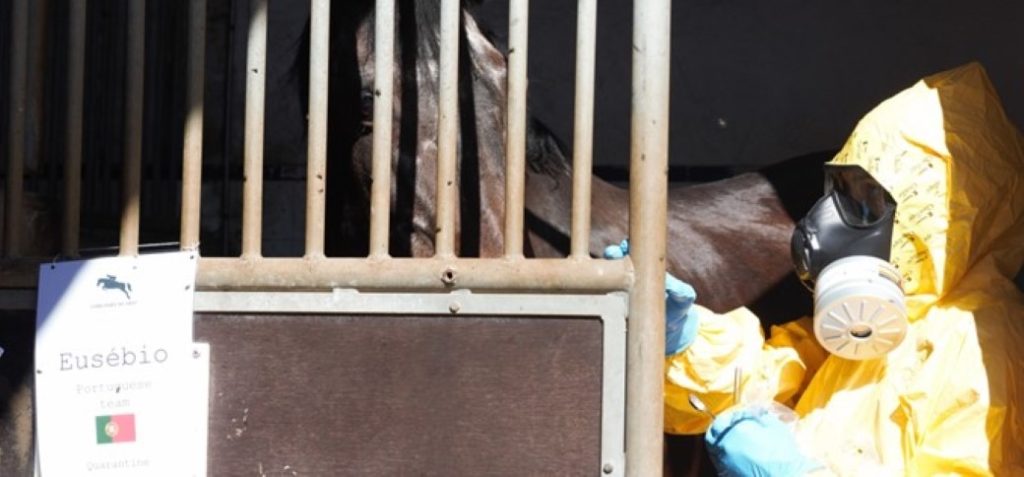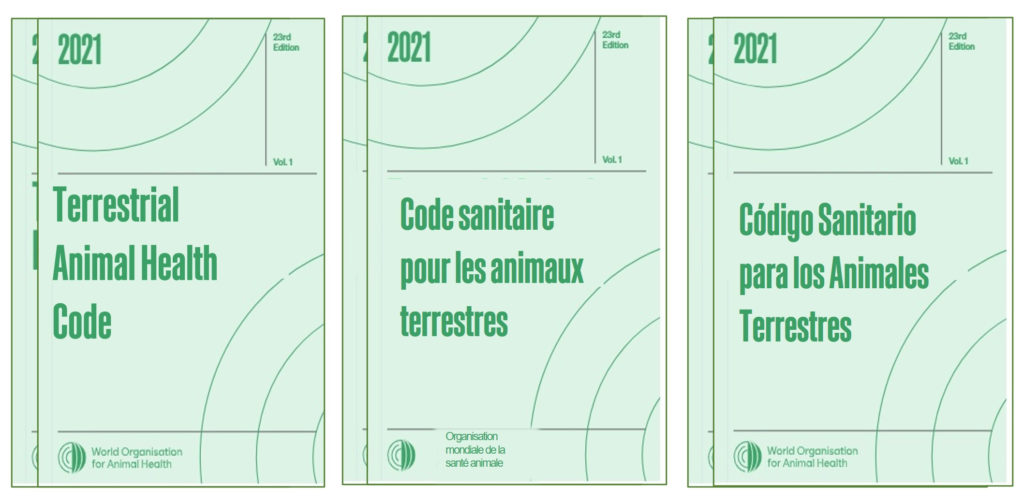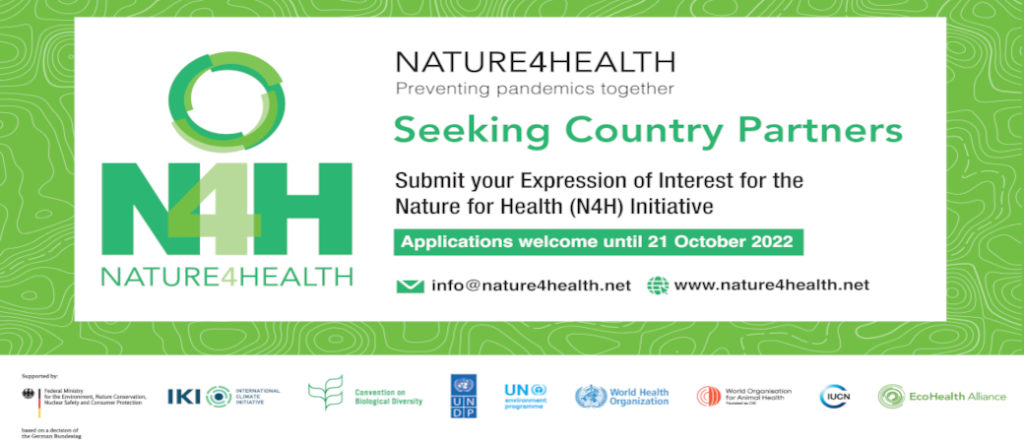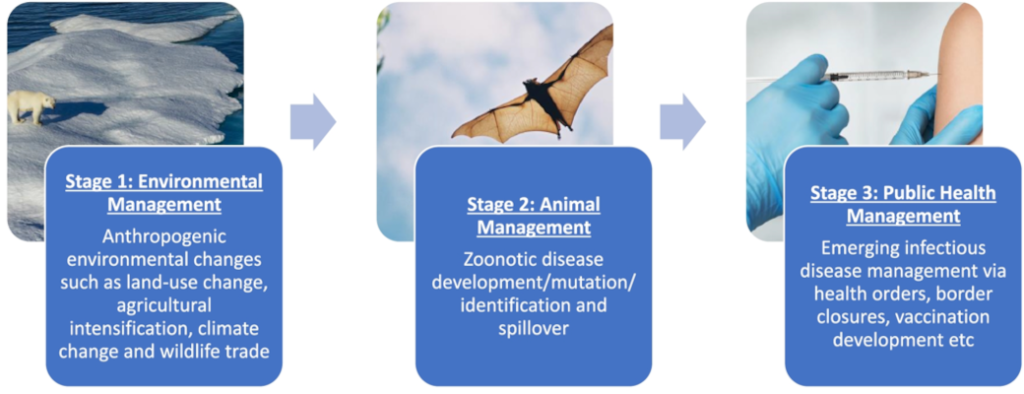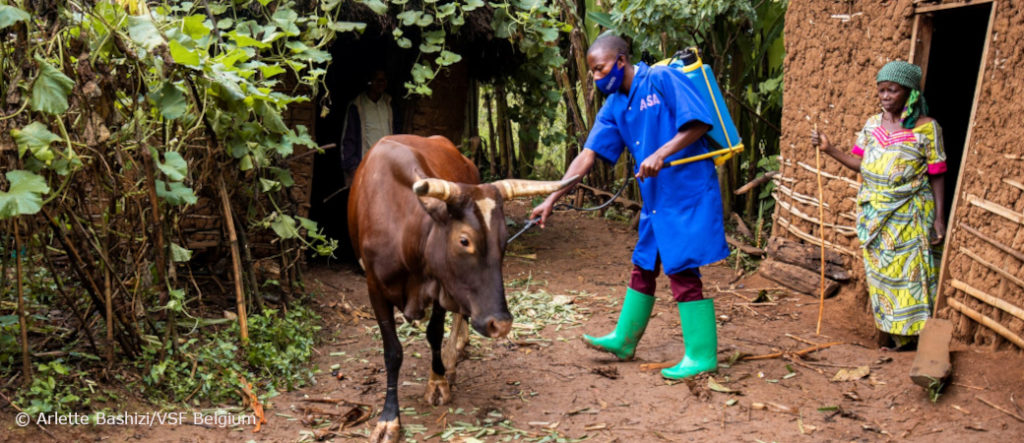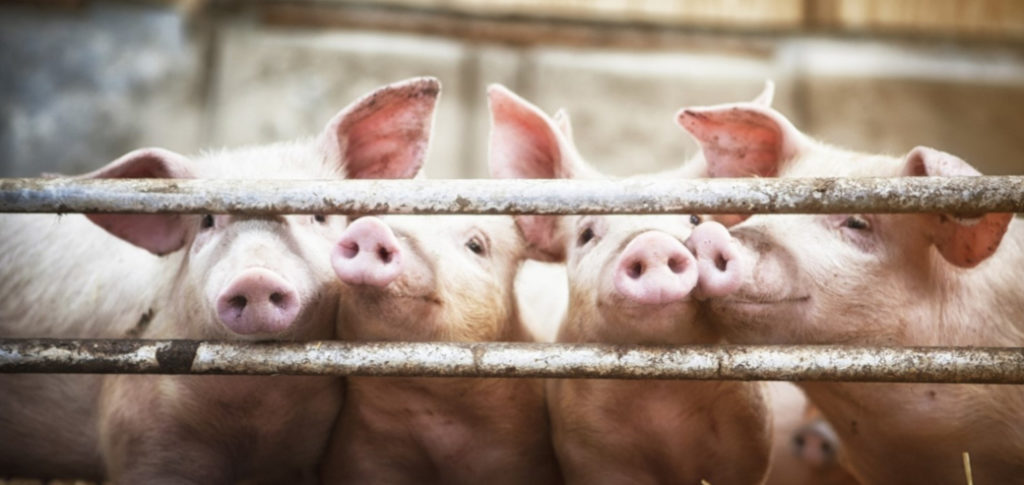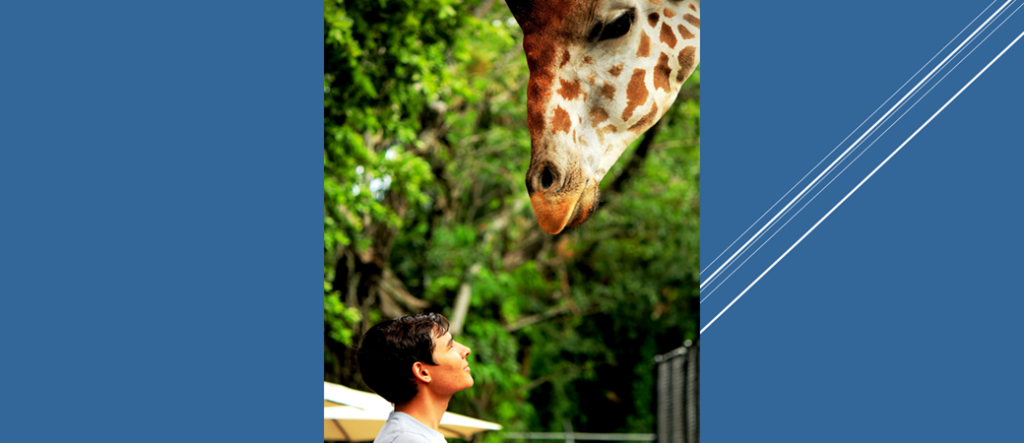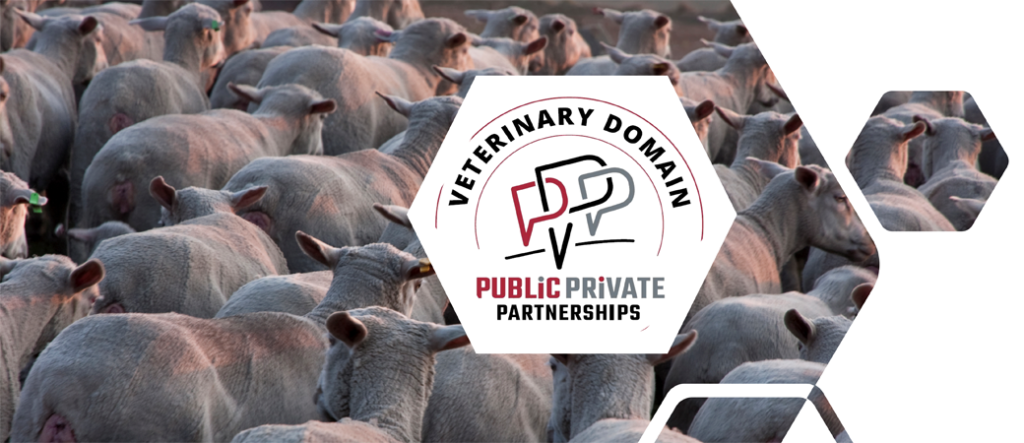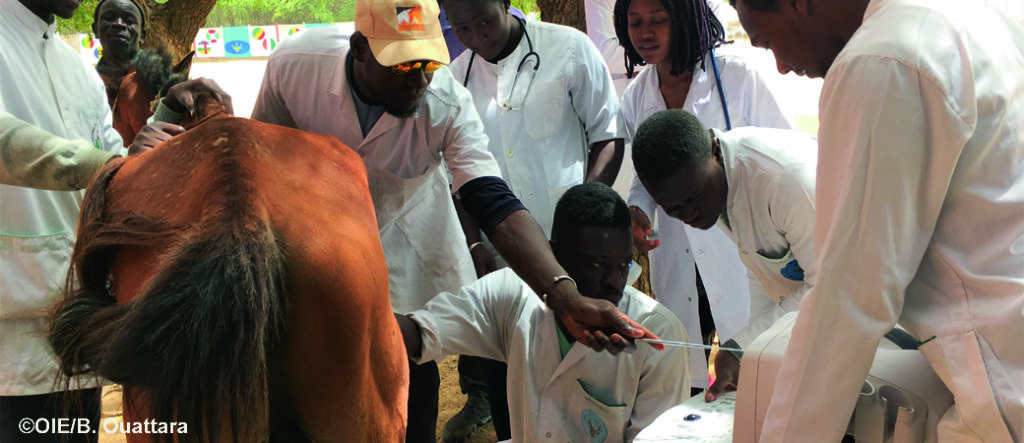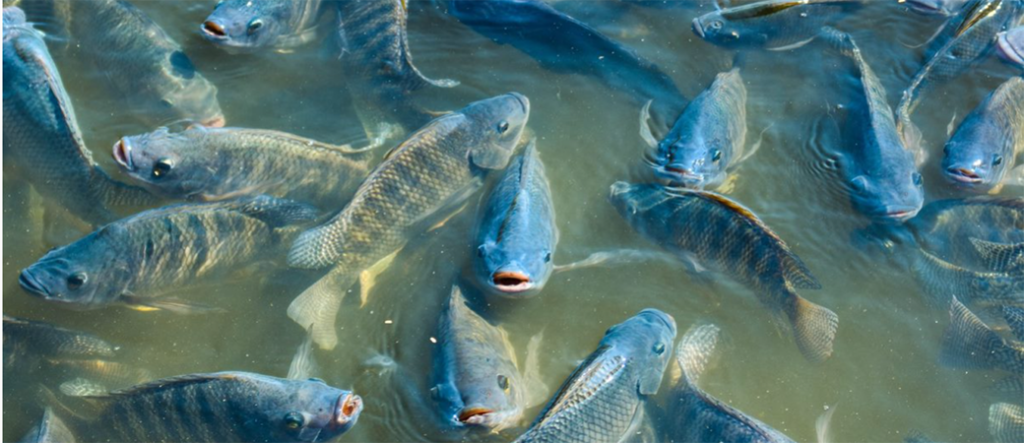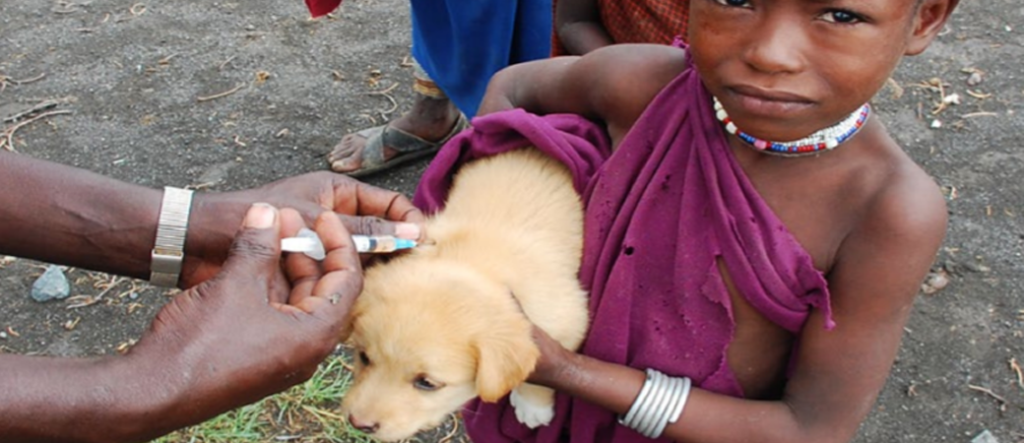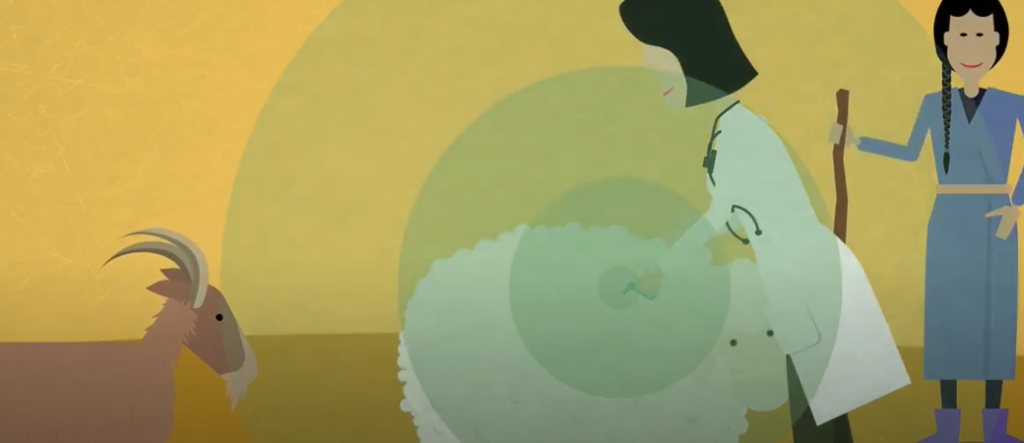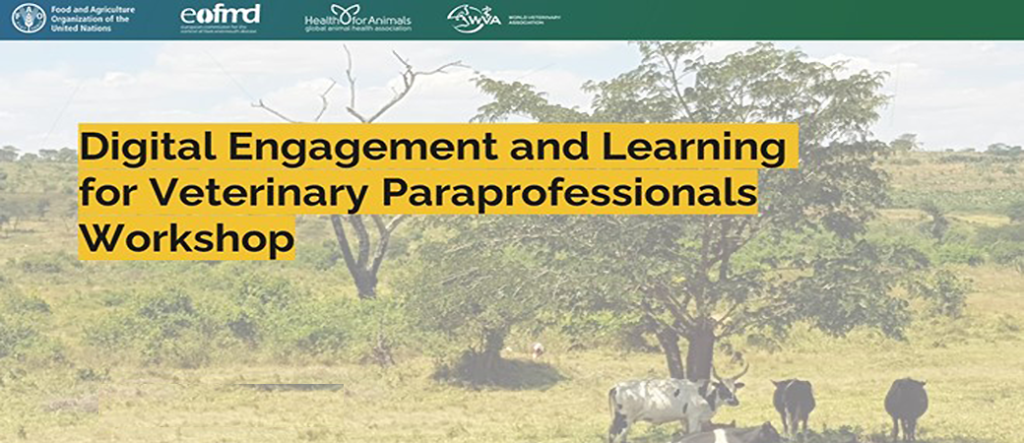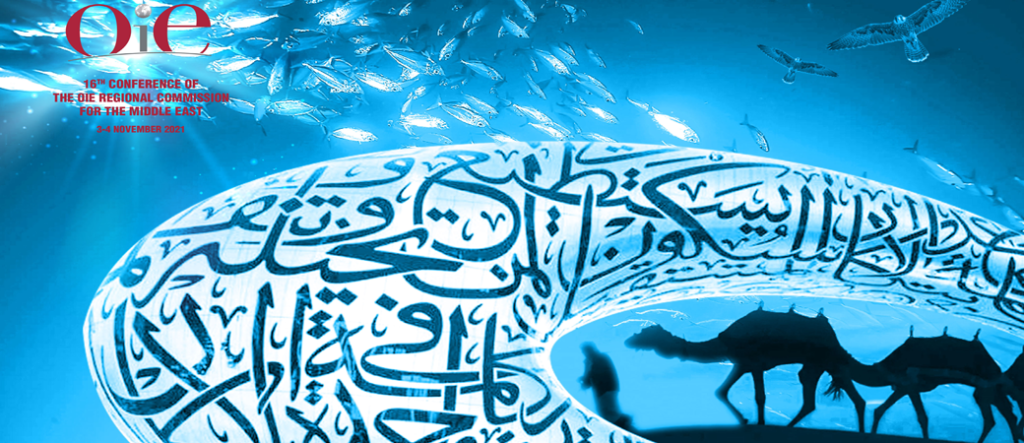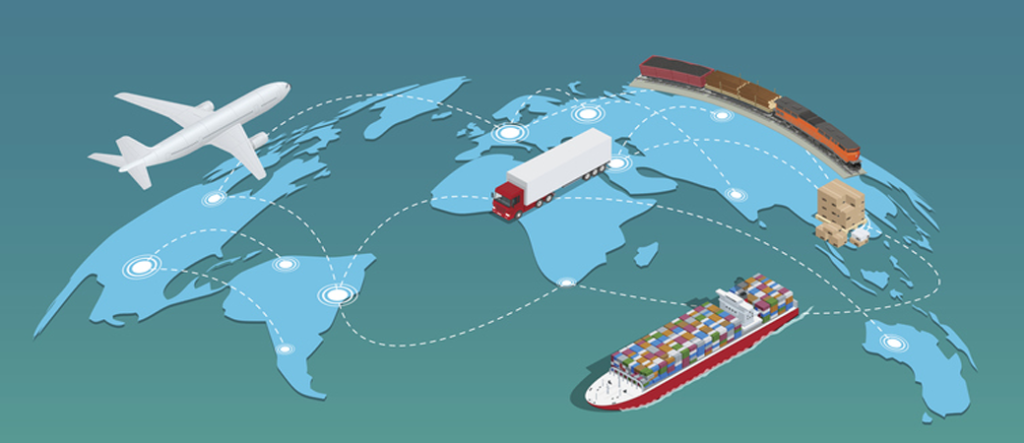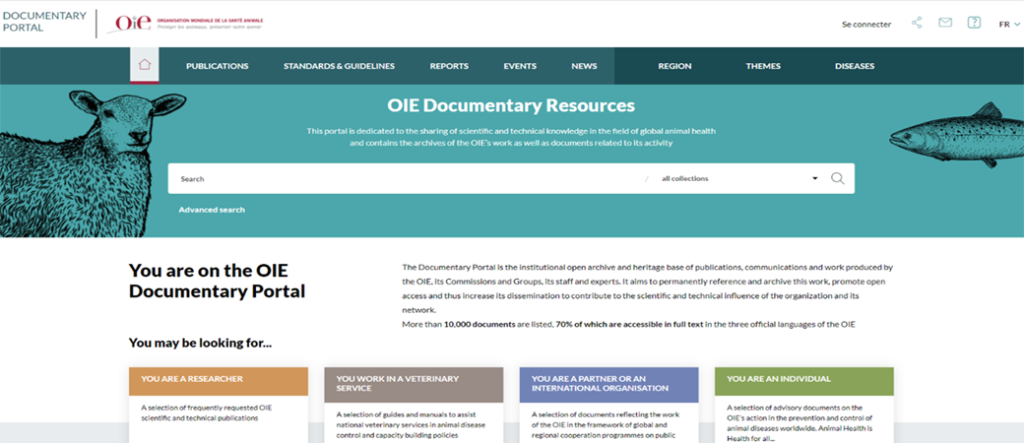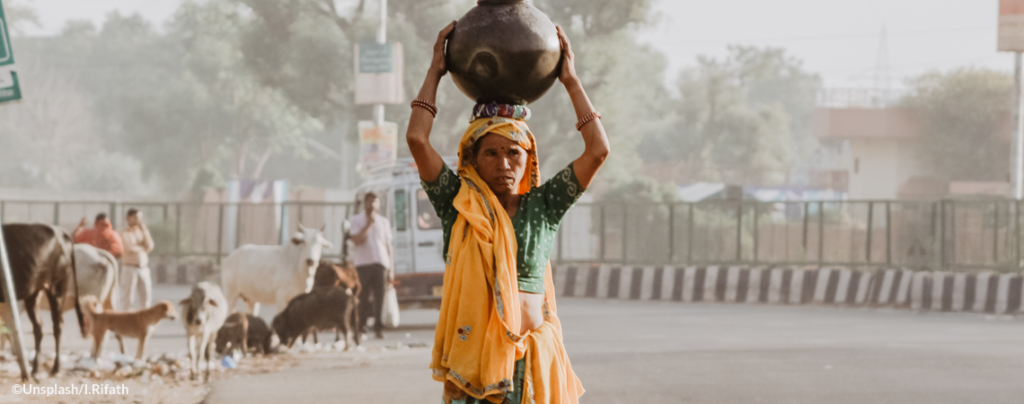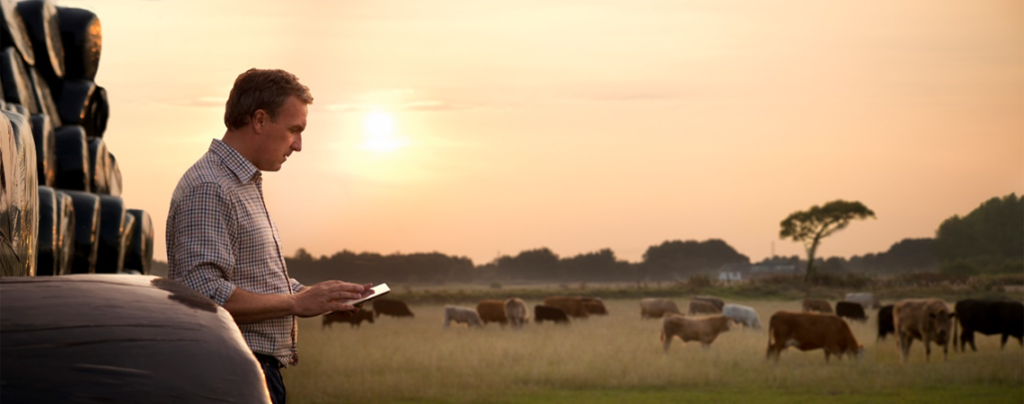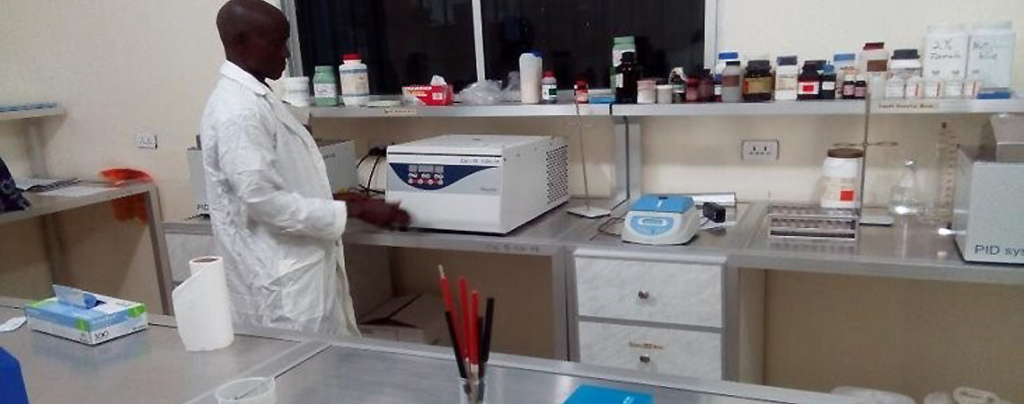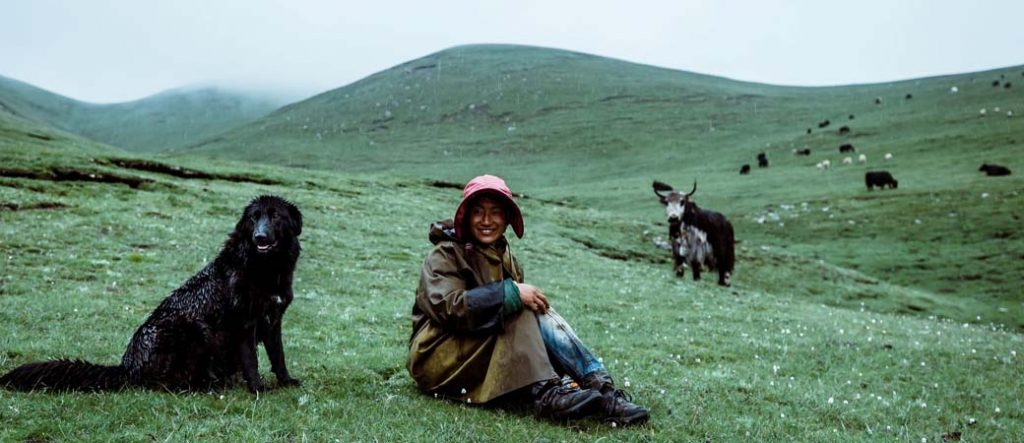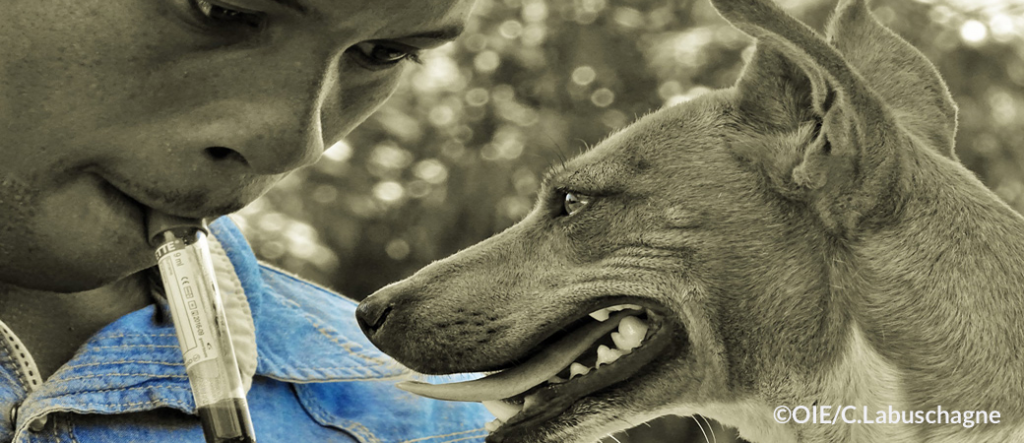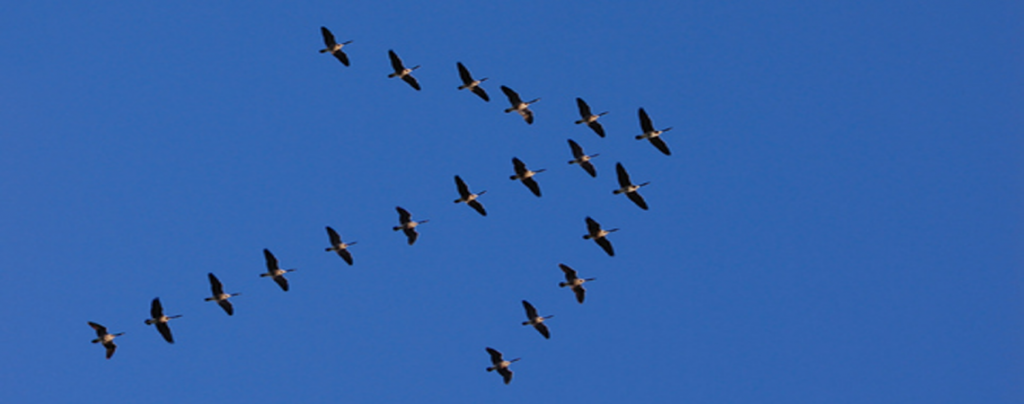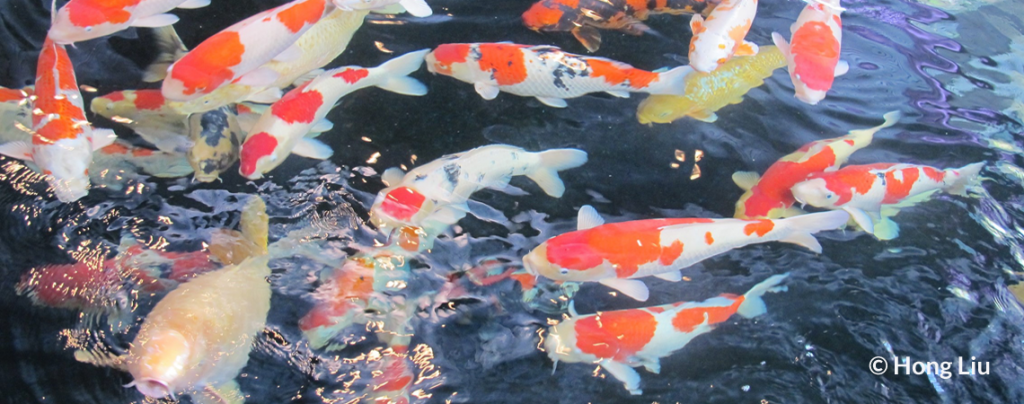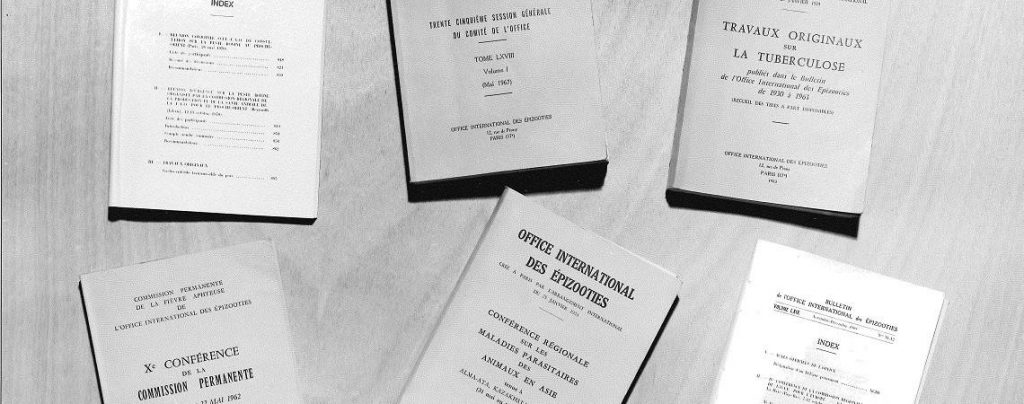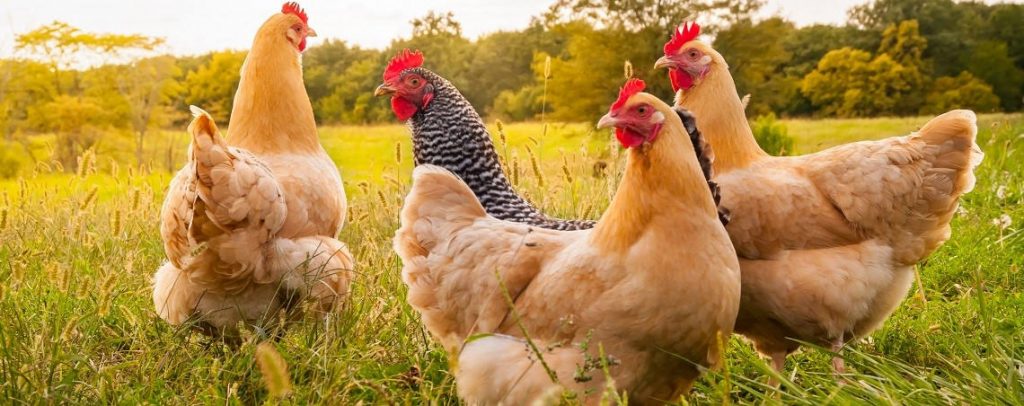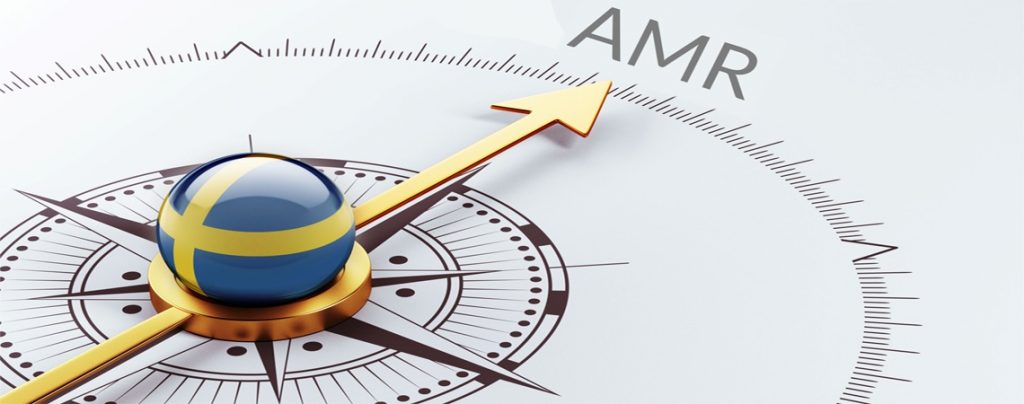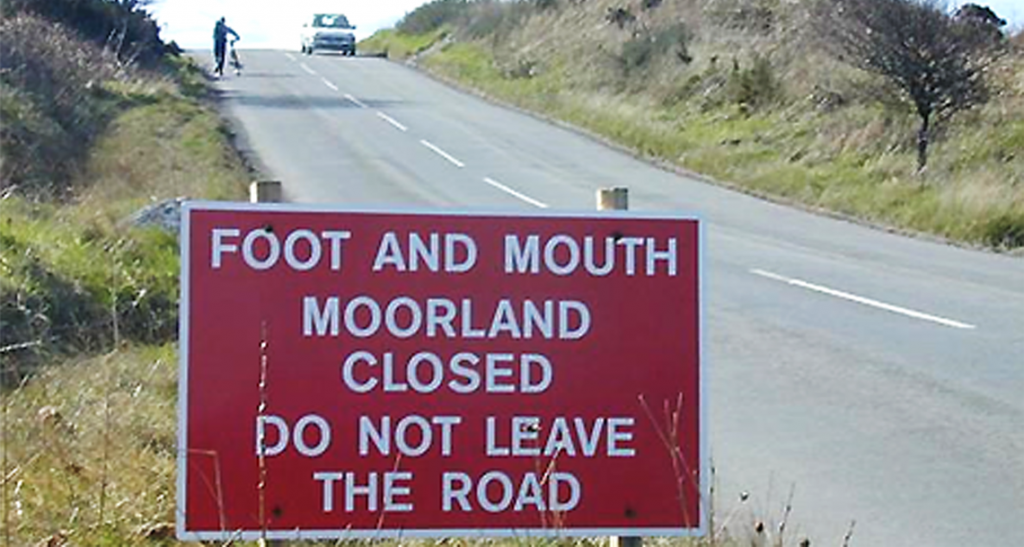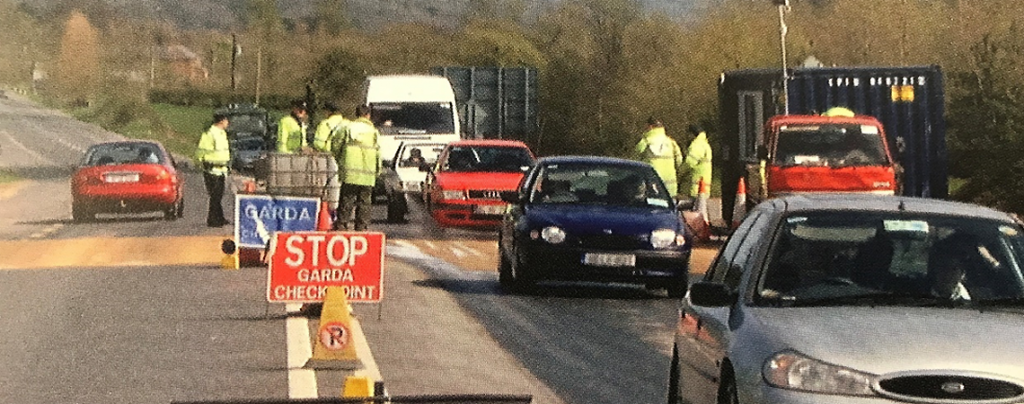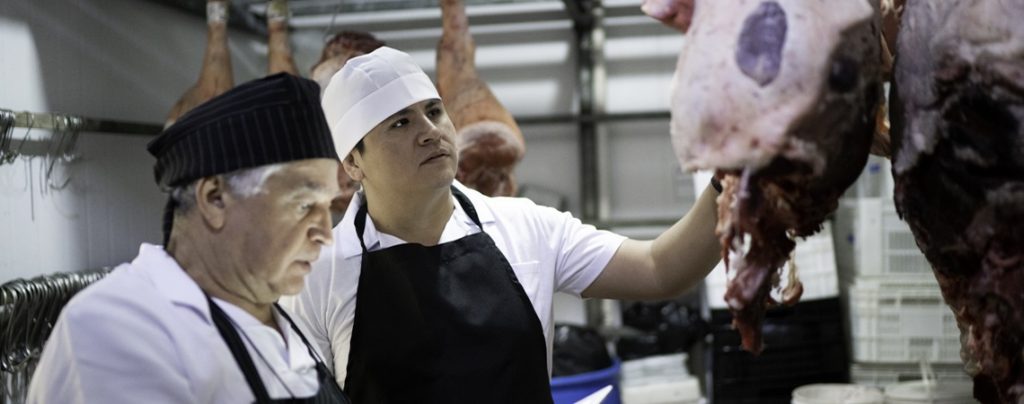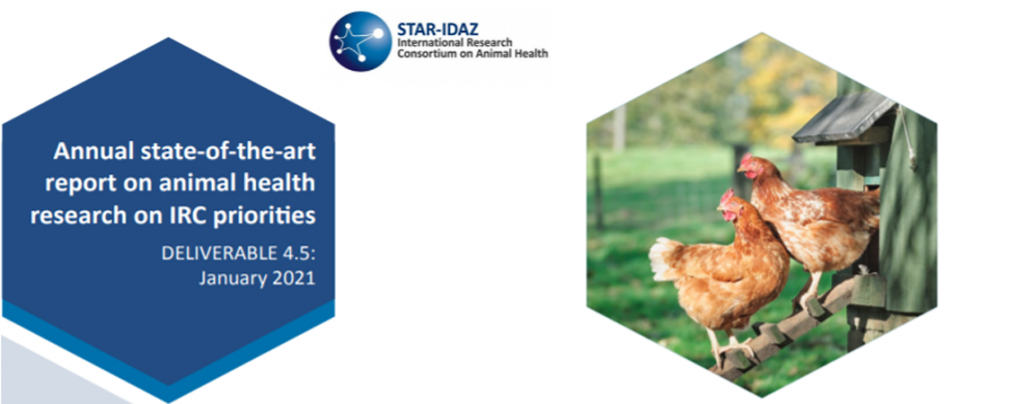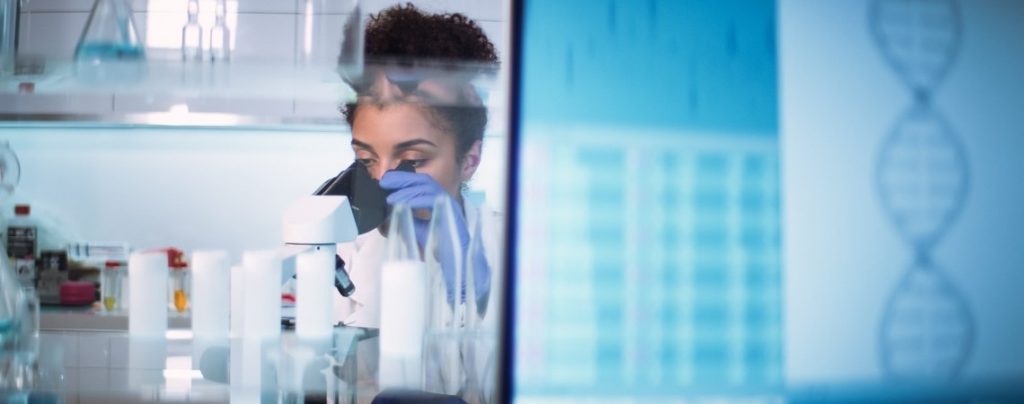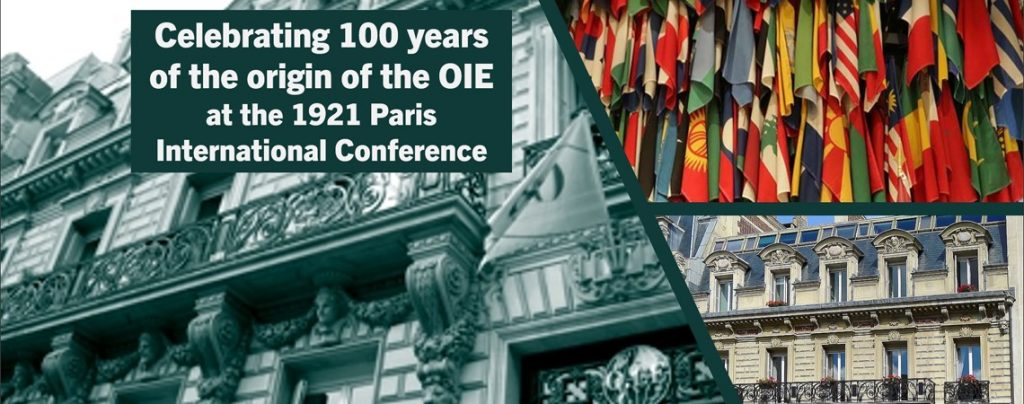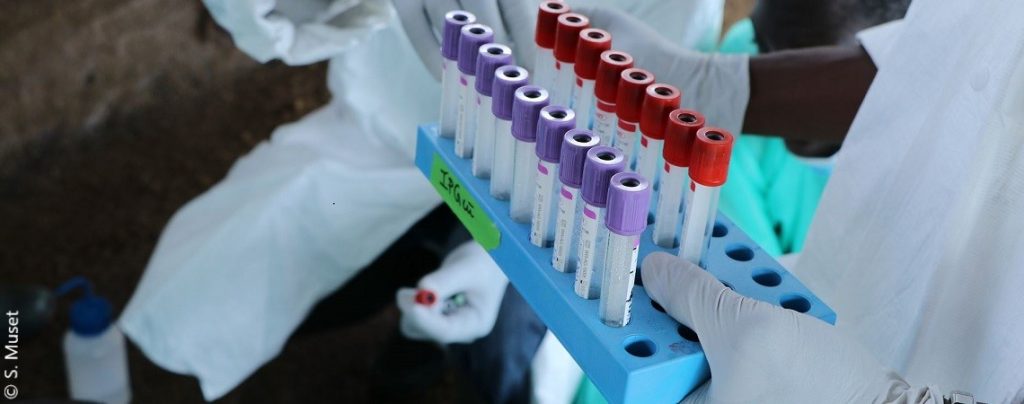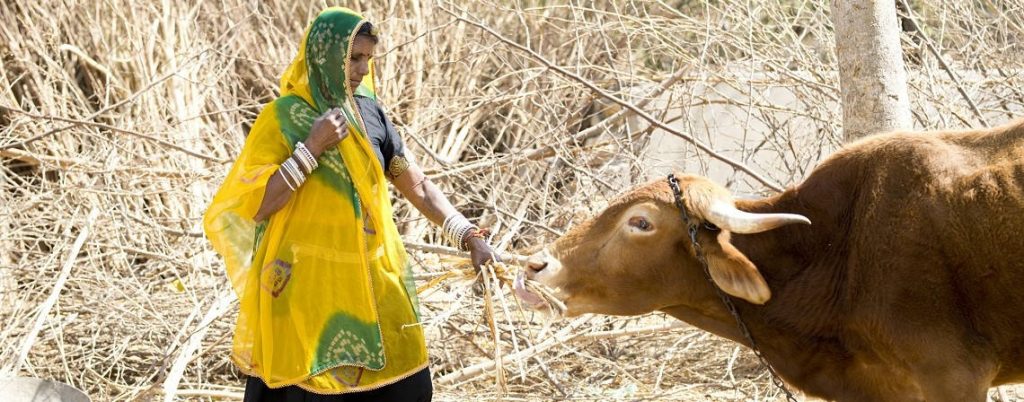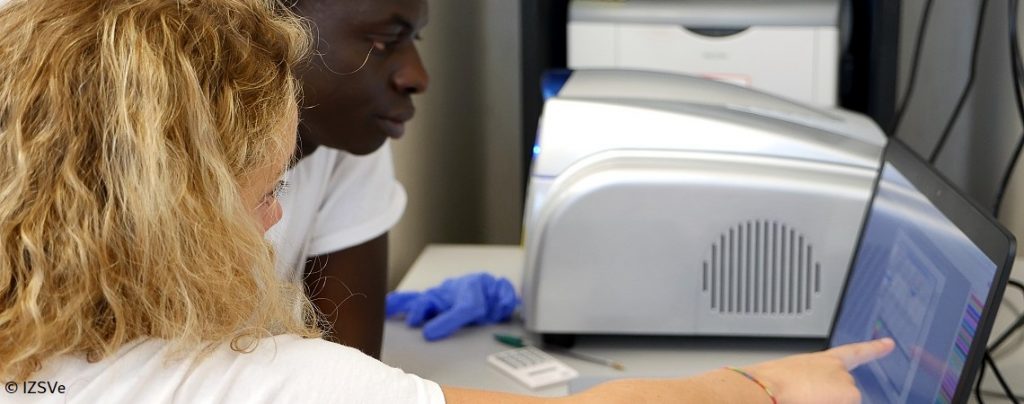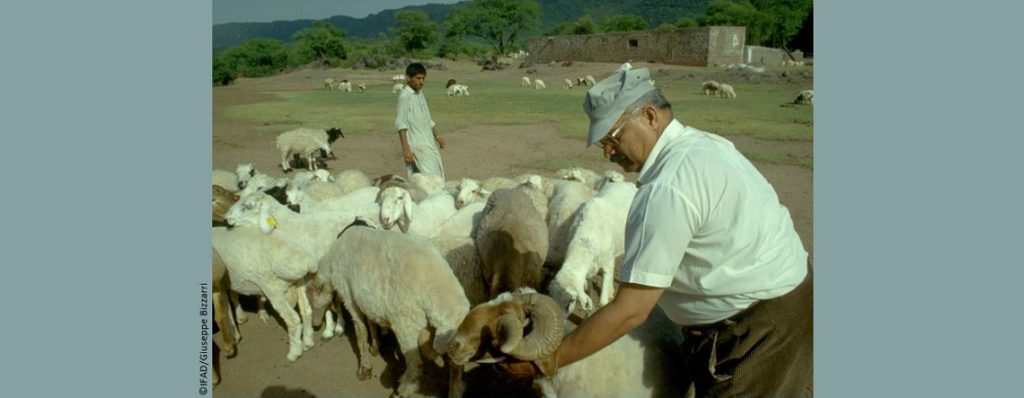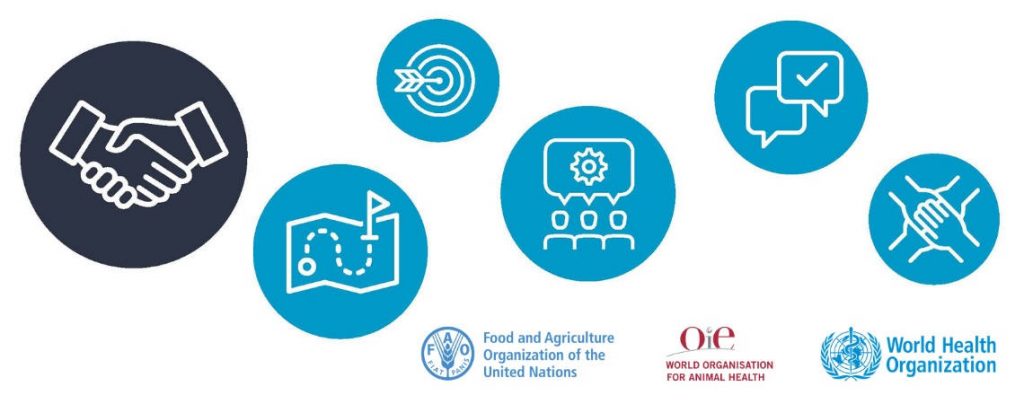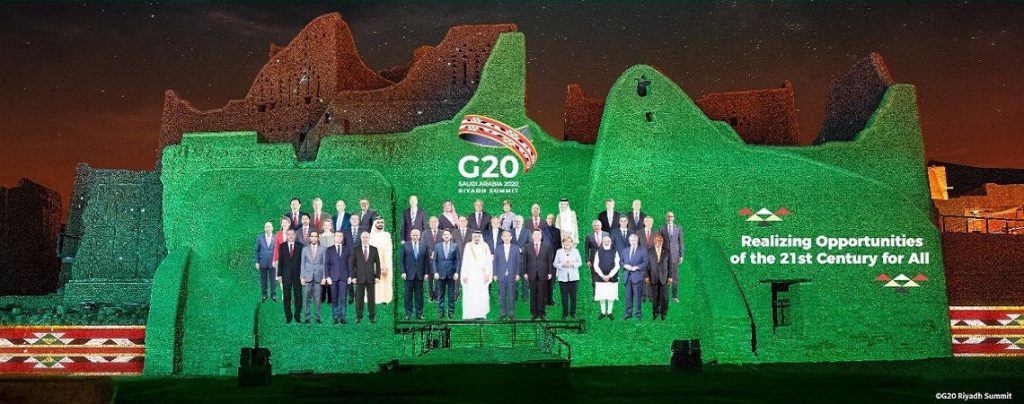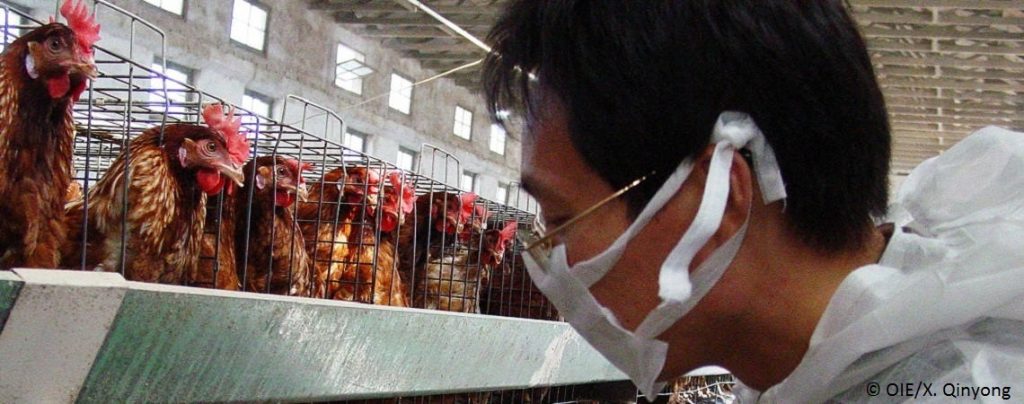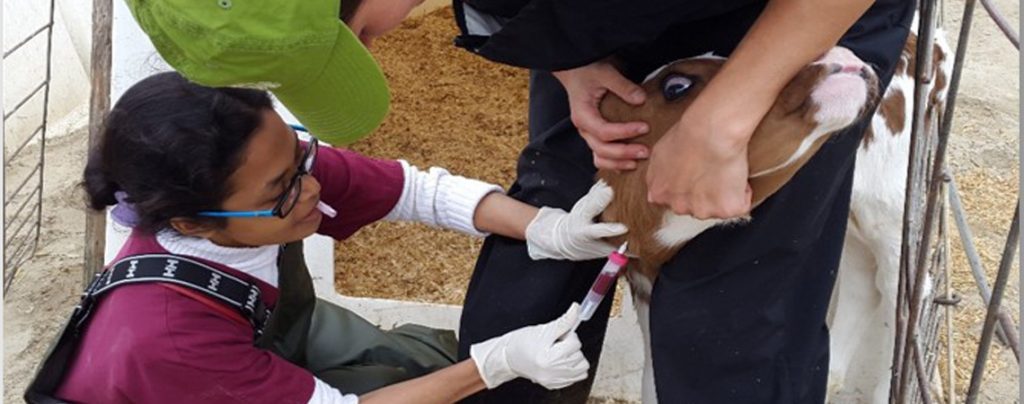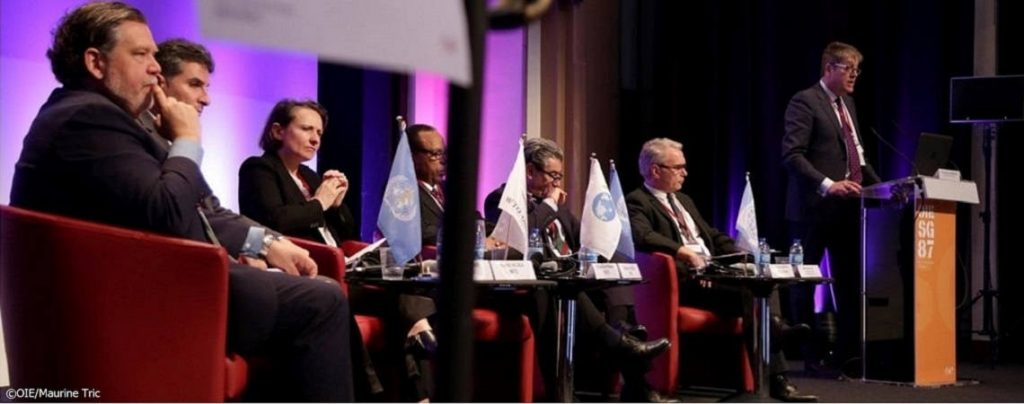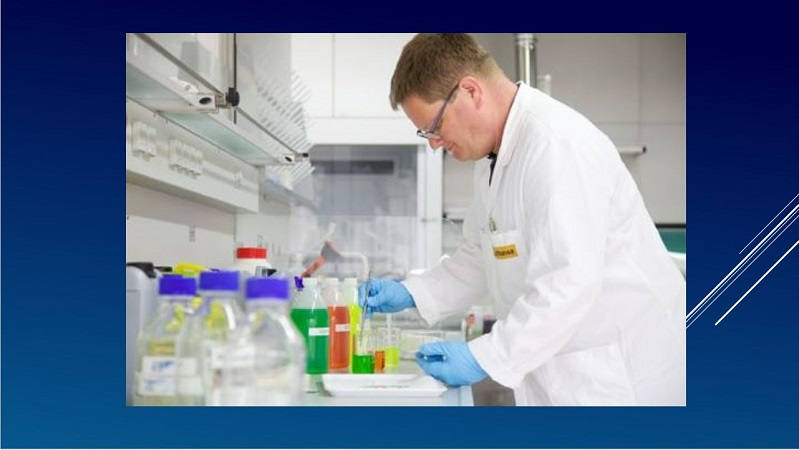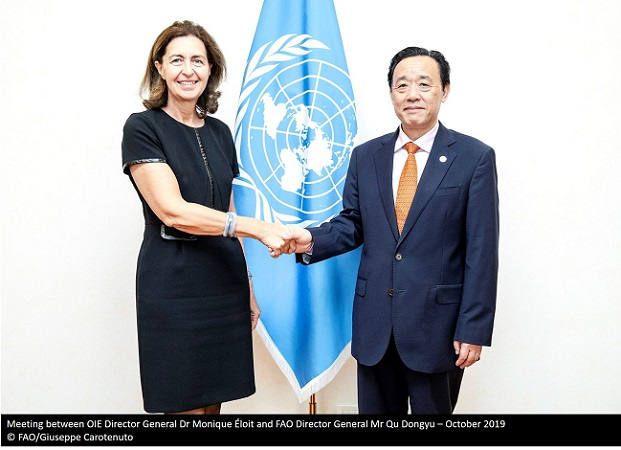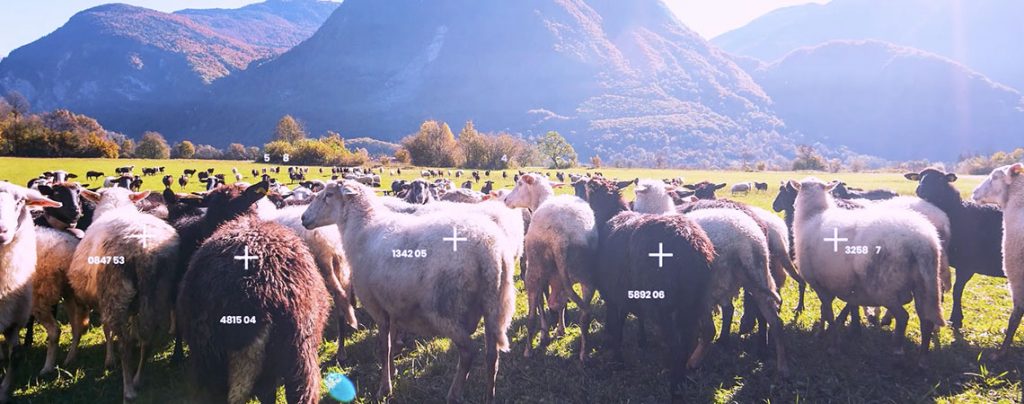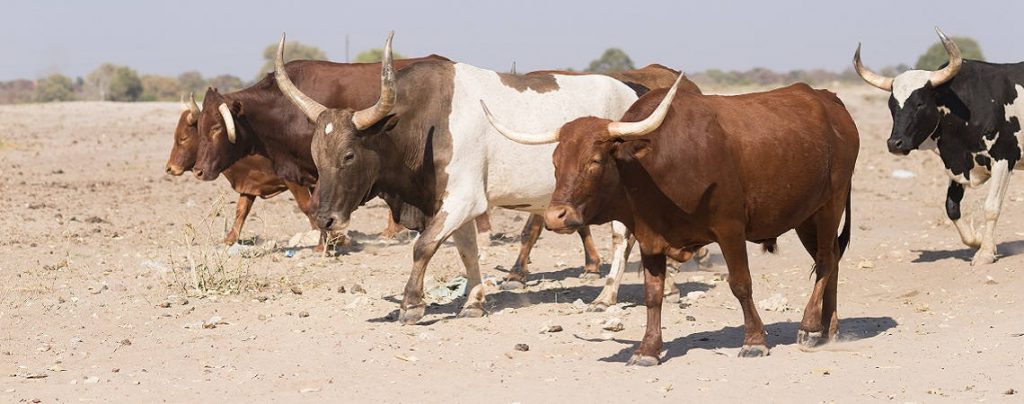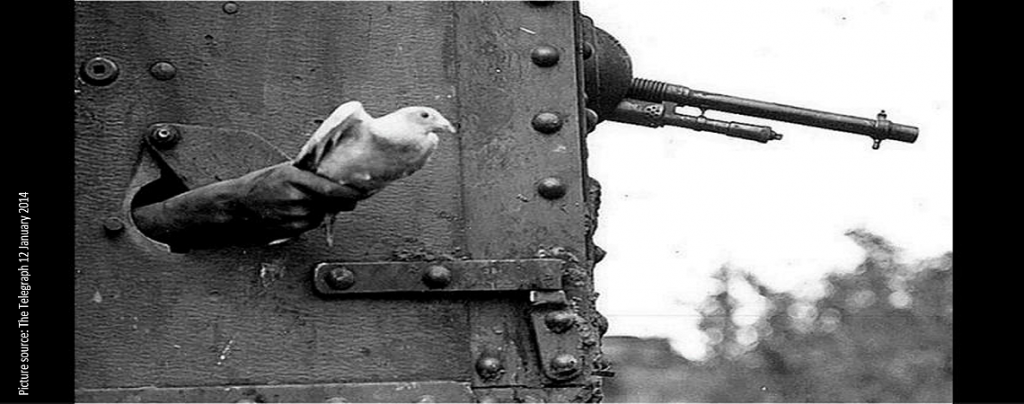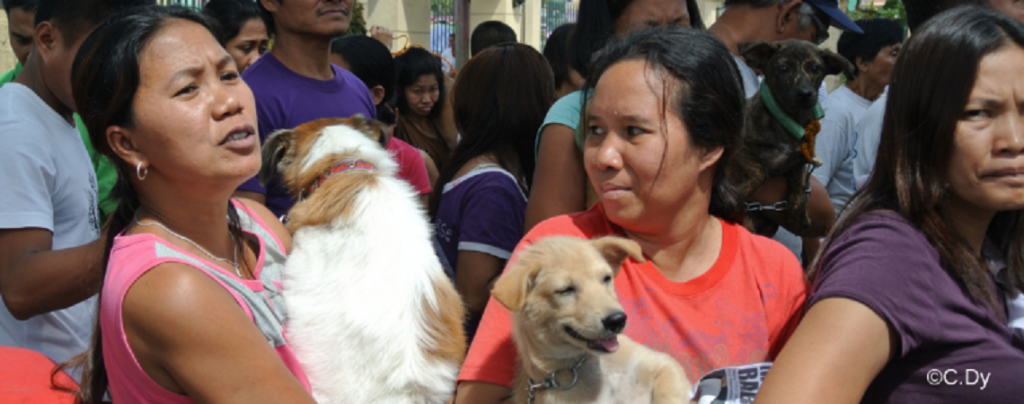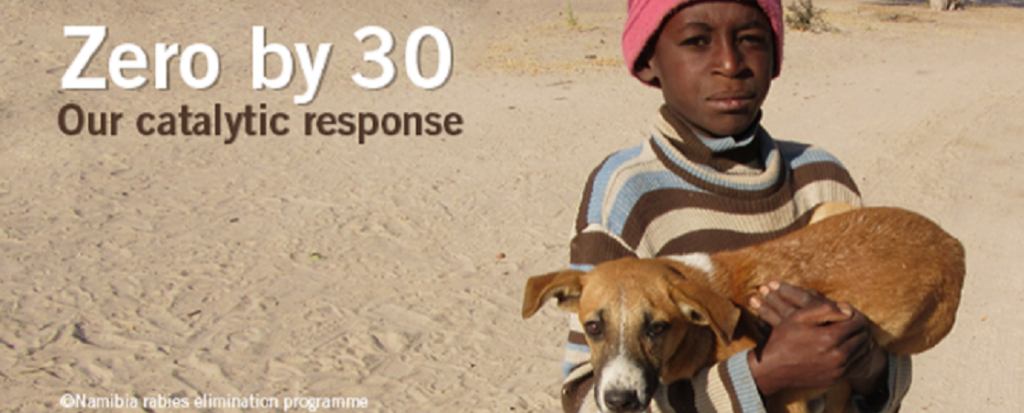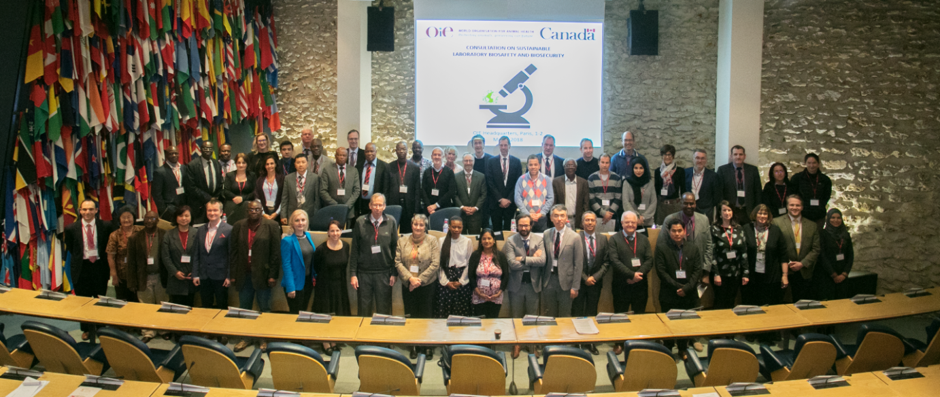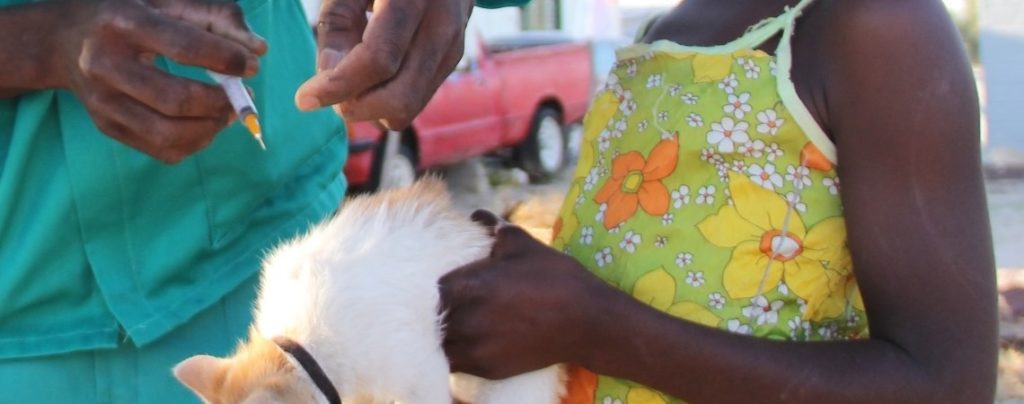CONTINUOUS INFORMATION Posted on 2022-05-02 22:57:47
Exploring how futures are imagined and used: unleashing the potential of Foresight and Futures Literacy
Keywords
An article by the World Economic Forum published in 2020 states that four skills are required to make a better world after COVID-19: 1) futures literacy, 2) systems thinking, 3) anticipation and 4) strategic foresight.
The beginnings of the OIE’s futures literacy
In January 2020, the OIE began its foresight and futures thinking journey, creating the position of Foresight Advisor to counsel OIE Direction. Over the past two years, this Advisor has focused on understanding the foresight and futures thinking methods currently at hand, notably by engaging with colleagues in other intergovernmental organisations, such as the Organisation for Economic Co-operation and Development (OECD) and United Nations Educational, Scientific and Cultural Organization (UNESCO), both of which offer these ‘services’ to their members. In addition, the OIE’s Foresight Advisor attended the Natural Foresight® Framework immersive training programme given by The Futures School with the aim of integrating this foresight and futures thinking into the OIE’s working framework, along with pertinent tips and techniques shared by other attending futurists. Ultimately, the OIE would like to have a foresight framework running as part of its own working methods. This would allow us to explore uncertain futures when developing or implementing strategies, and/or dealing with disruption and culture change. It would also be relevant for staff development by nurturing a futures thinking culture across the Organisation.
Taking animal health along for the ride on the foresight and futures journey
The OIE was invited as a ‘client’ to the EmLyon Business School’s course on disrupted futures. Here, students developed scenarios on possible futures that the OIE could face which were then published in a LinkedIn article by Joshua Polchar, Foresight Lead at OECD, entitled ‘The Future of Animal Health is the Future of Human Health’. Some of the scenarios presented are quite unusual, difficult to imagine, and even improbable. But that is the point of scenarios, they are designed to provoke reaction by – even if a blank stare is what results, the scenario has done its job. Moving from reaction to thoughtful response is the objective here, particularly in looking at our current work and exploring how the strategies, frameworks or other actions would fare in these futures.
It is not about questioning whether these futures will happen, but rather leaning into the idea that they could happen. Is what we are doing today setting us up for success in these futures?
As fanciful as some scenarios can seem, there is always something that rings true about them in the present.
OIE collaborates with UNESCO on the co-design of Futures Literacy Laboratories
The OIE’s foresight and futures thinking journey, had been a bit of a solo expedition until beginning discussions with UNESCO in September 2020 on the co-design of Futures Literacy Laboratories (FLLs). For the OIE, the FLLs present opportunities for its staff to be introduced to some foresight methodologies, but more importantly, for OIE staff to hone the skill of imagining multiple futures, including the provocatively preposterous ones, therefore opening them up to looking at the present differently. Furthermore, the labs are designed to identify the biases and assumptions we have in using futures that are designed or mapped through foresight methodologies for planning or preparing, as well as to encourage participants to be more open to the unexpected, even to the possibility of novelty.
The futures are just as volatile, uncertain, complex and ambiguous as the present. It is tempting to use foresight methodologies in a manner that seeks to predict the future or that sees futures as an extension of the present – futures literacy helps us extricate ourselves from that slippery slope.
The OIE holds its first FLL session
In November 2021, the first FLL held by the OIE took place over three 3-hour sessions, during which participants experimented with the topic of ‘Climate Response in 2040’. They were asked first to describe ‘probable futures’, or what is most likely to happen in 2040 in terms of responding to climate change. Next, they were asked for ‘desirable futures’, what they would like to see happen in 2040. Lastly, they were presented with an improbable future scenario or a ‘reframe scenario’, where humans are tamed by animals who are conscious of humans’ impact on the environment and who are concerned for human survival.
This scenario produced a variety of reactions from outright rejection to curiosity. However, the point of the reframe scenario is to release ourselves from the constraints of what we think will be the most likely events in the future to allow us to look more closely at other possibilities, those that we had not considered or that appeared less relevant or less important. With this reframe scenario, the participants viewed the OIE’s work in a different light, including the Organisation’s corporate social responsibility to minimise its carbon footprint, the need to increase engagement with its Members on priorities and actions around climate change, and the need to undertake a more holistic approach to standards that considers impacts on ecosystems, to name a few.
Futures literacy can often be overlooked when using foresight methodologies, but it is an essential skill that allows us to fully appreciate the complexity of the world around us and the futures before us if we’re willing to imagine them.
Contact: Tianna Brand, Foresight Advisor (t.brand@oie.int)





